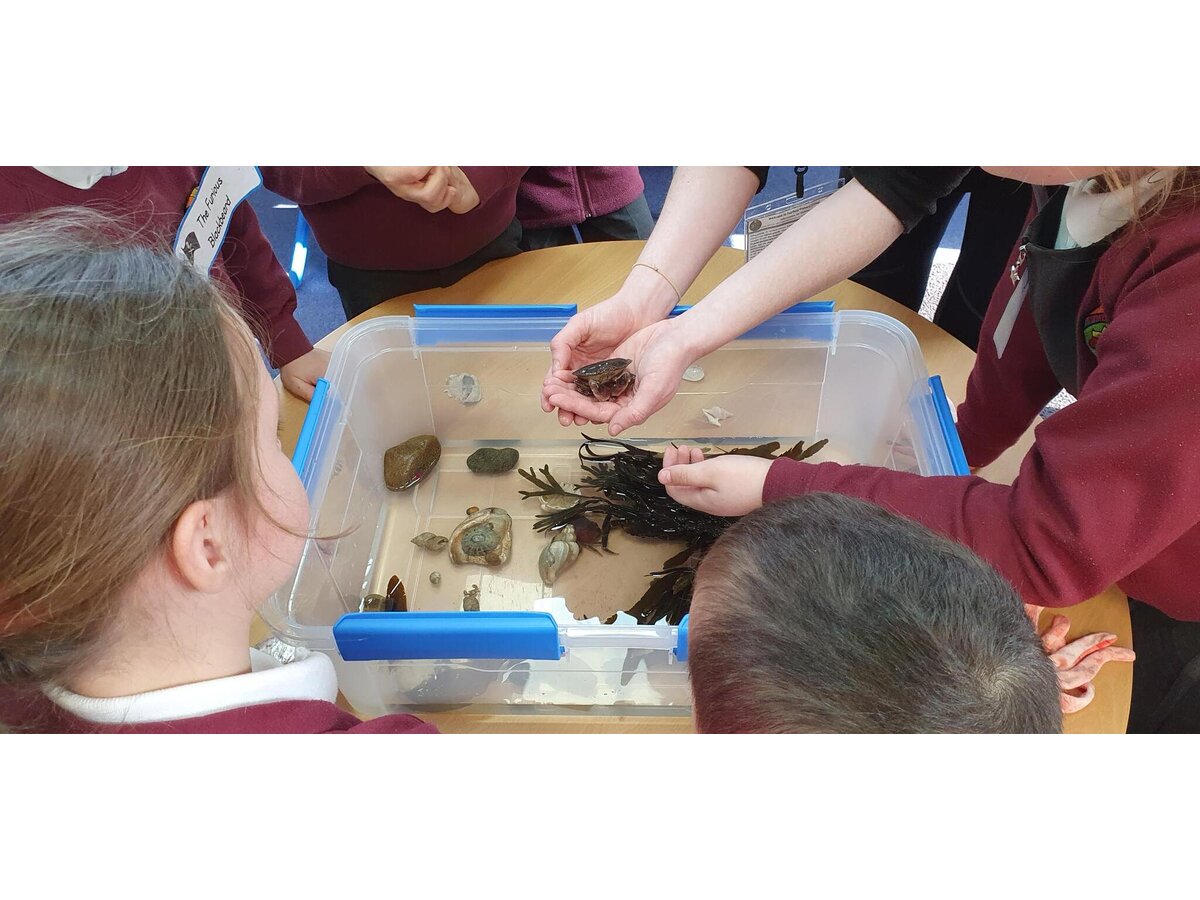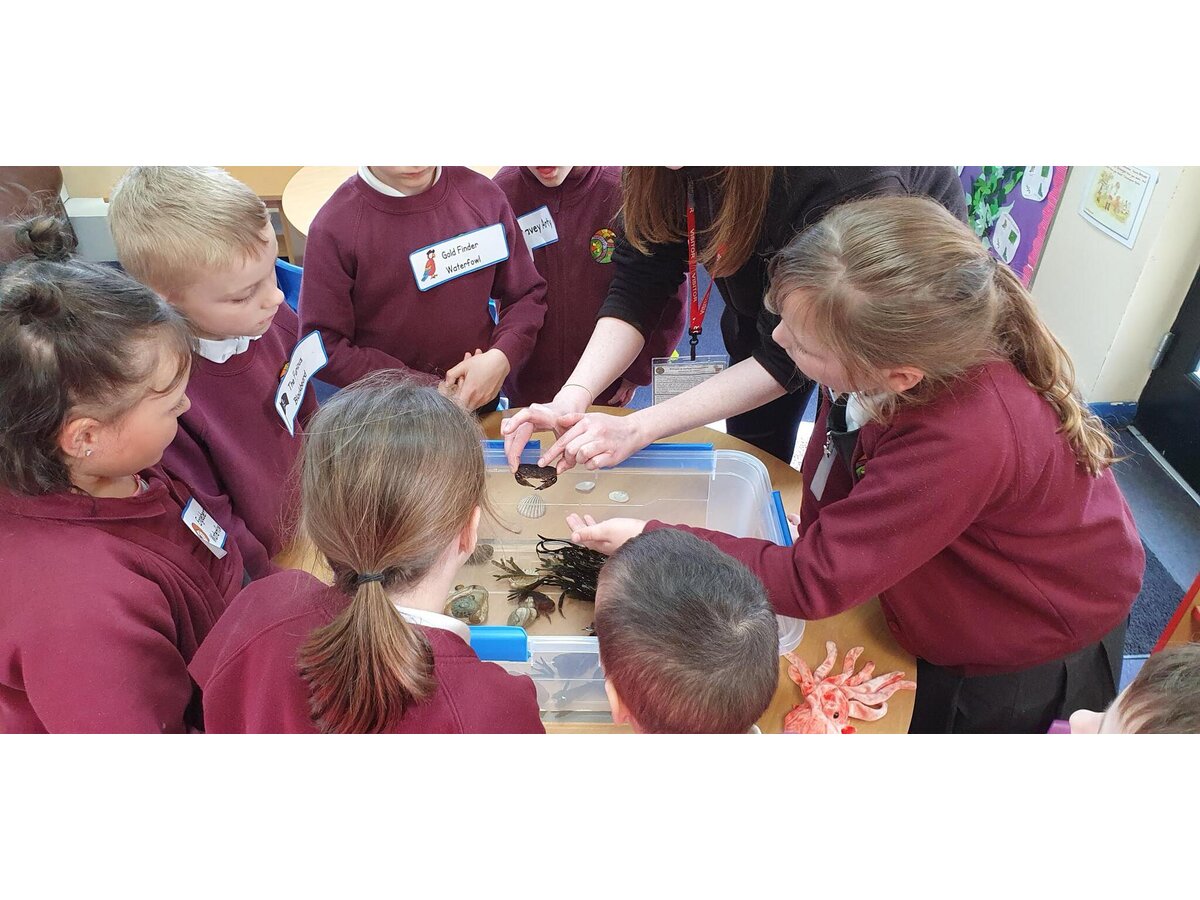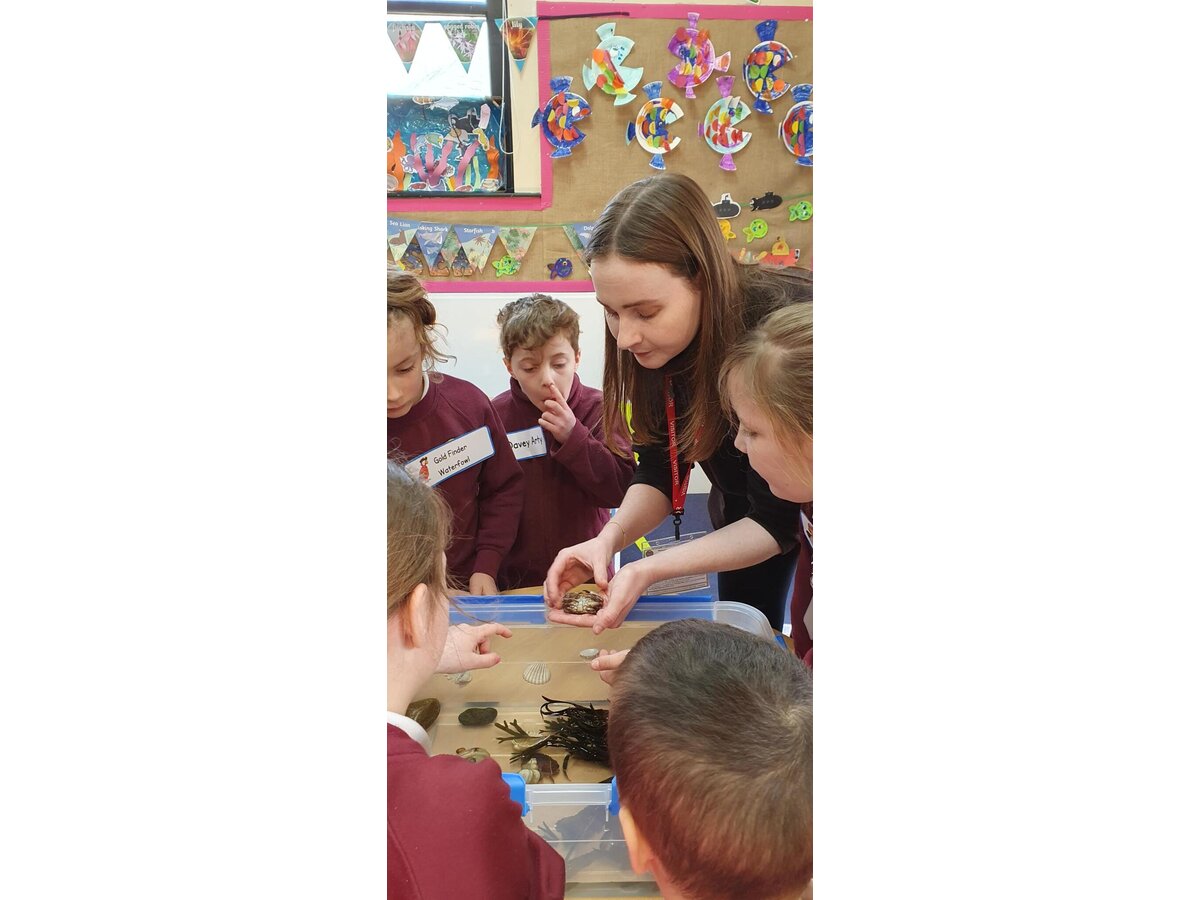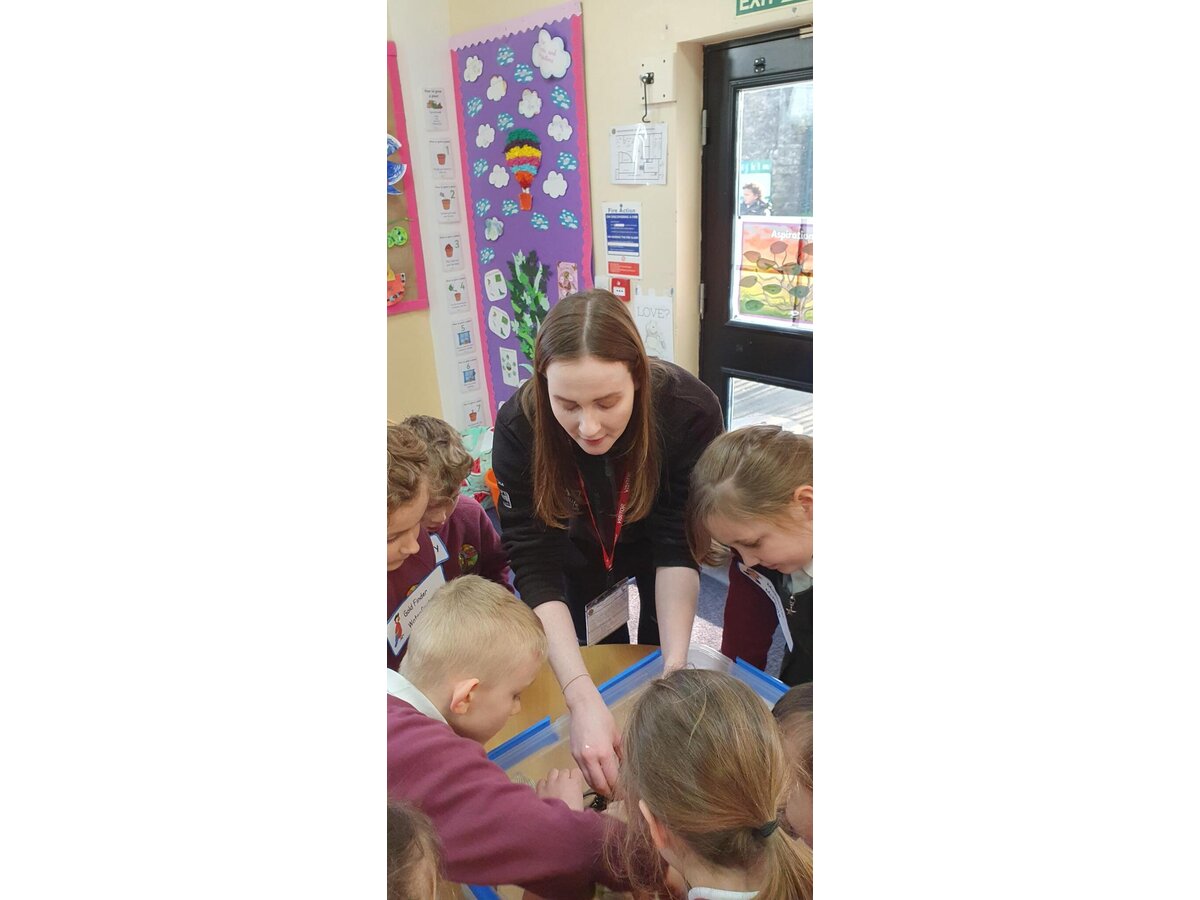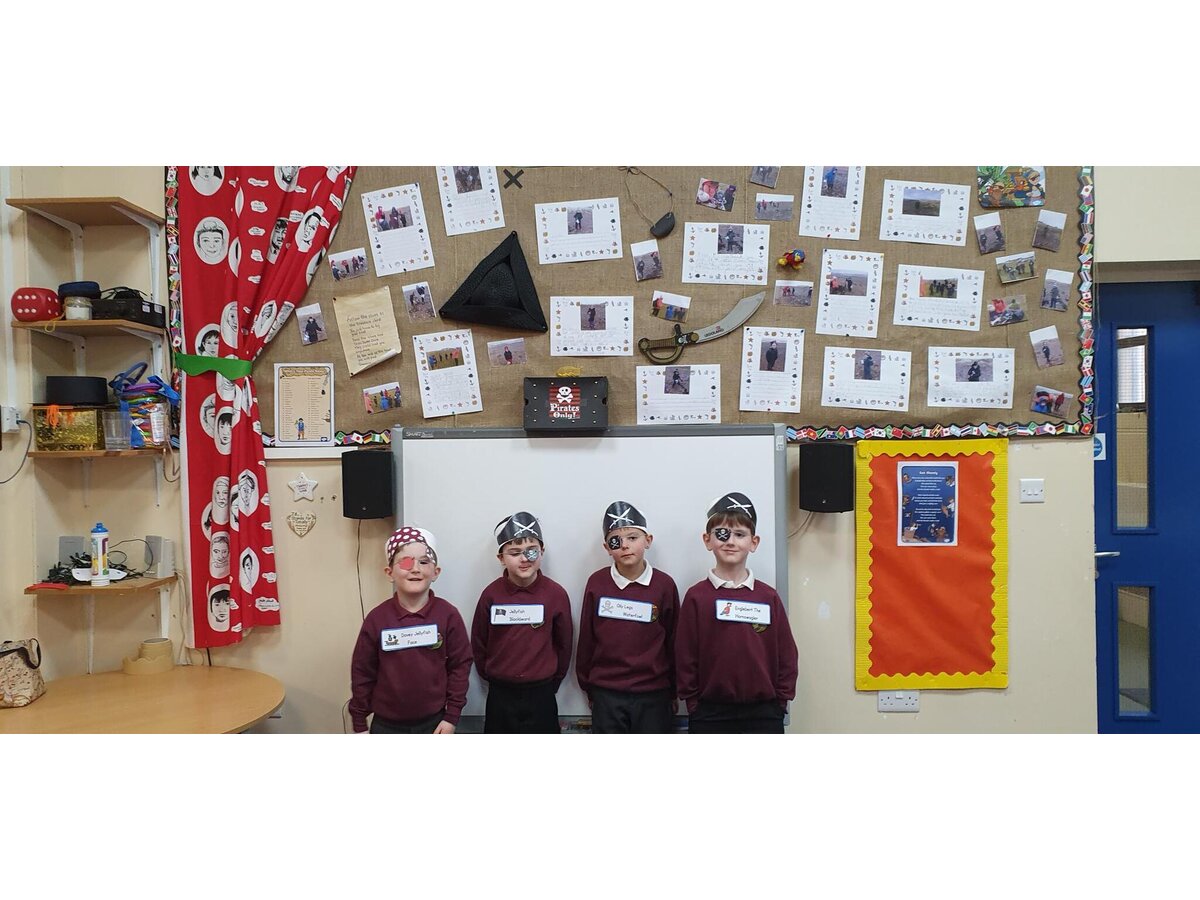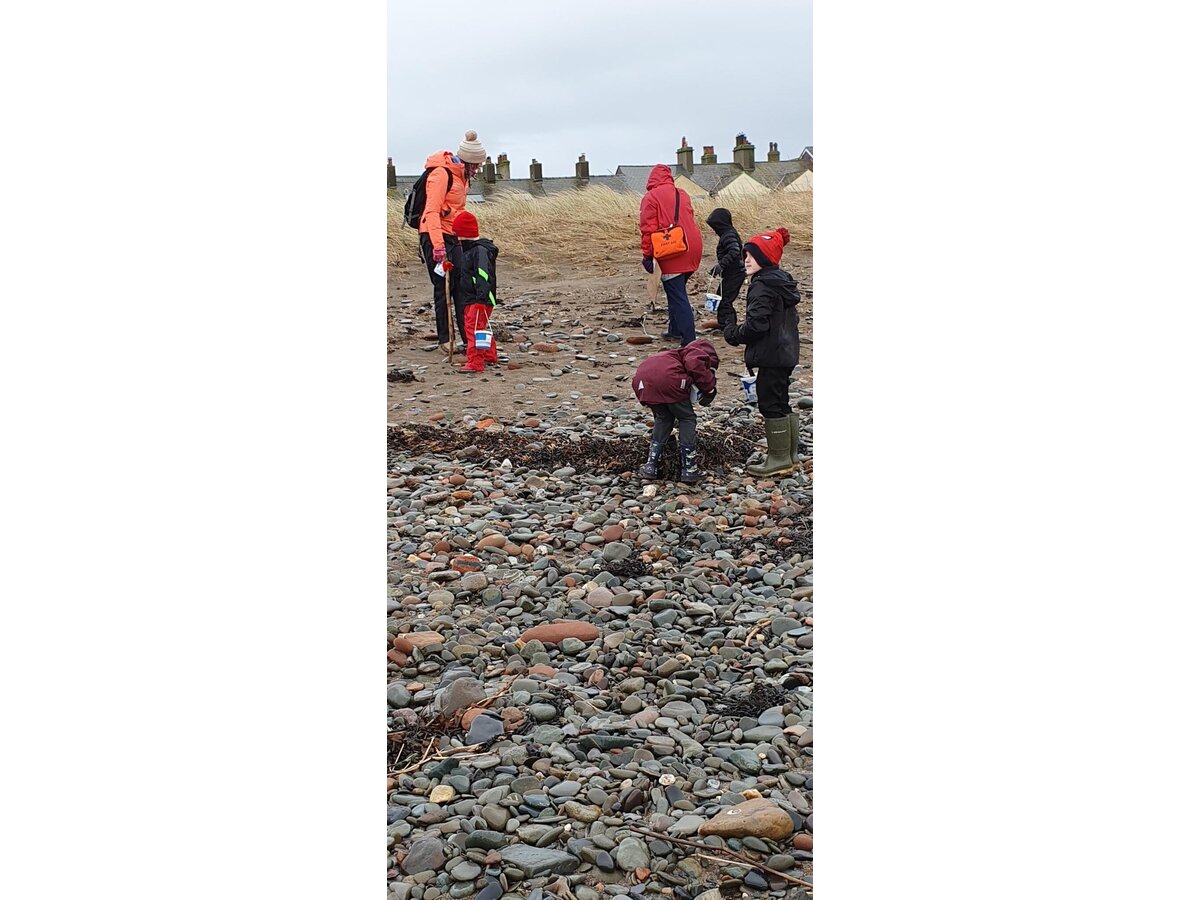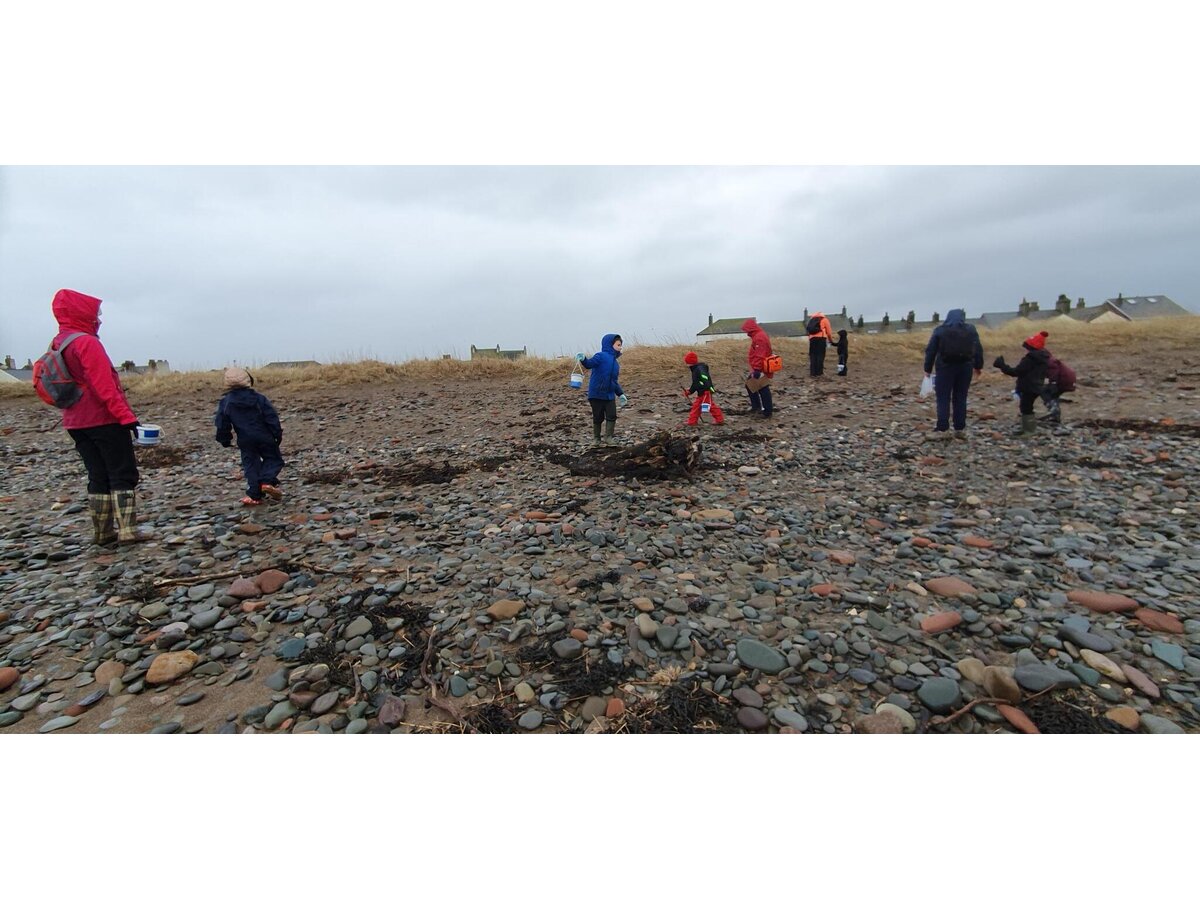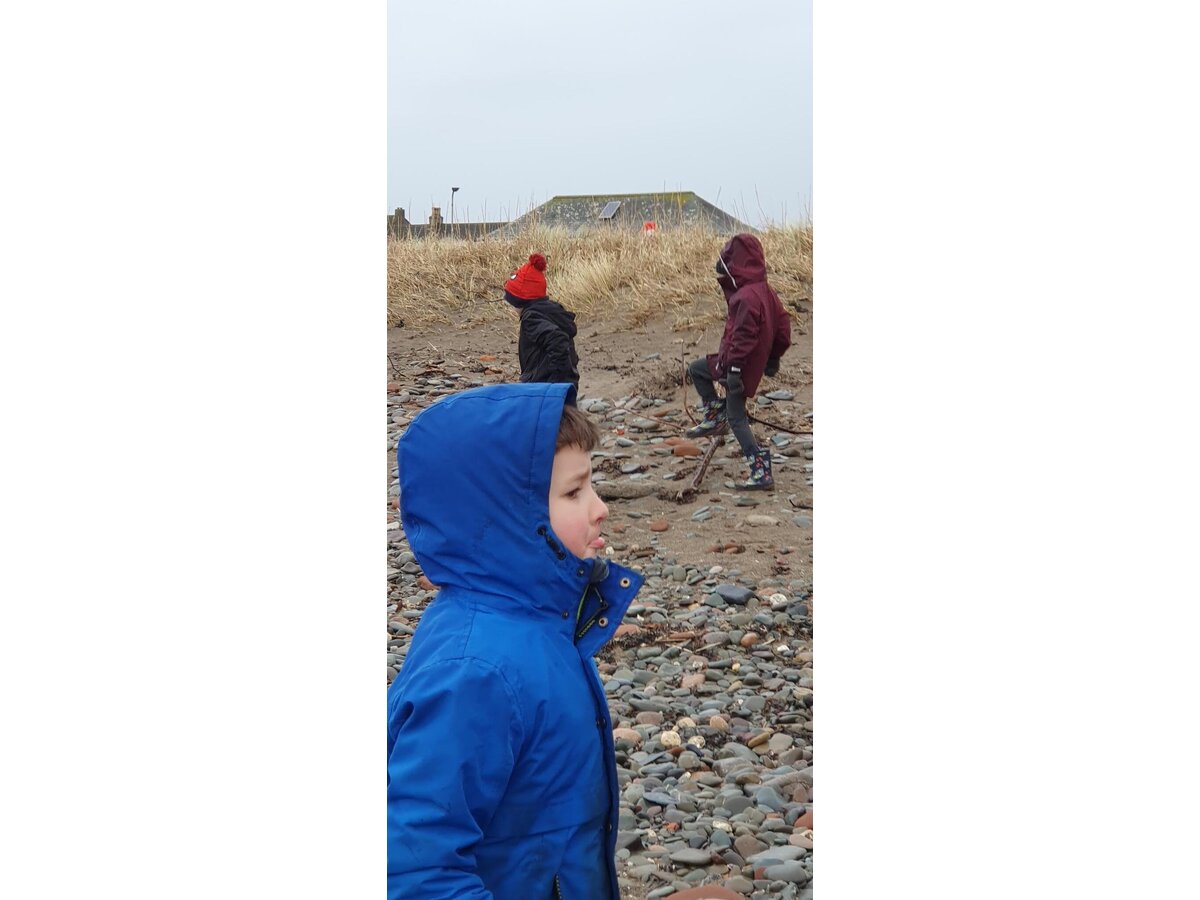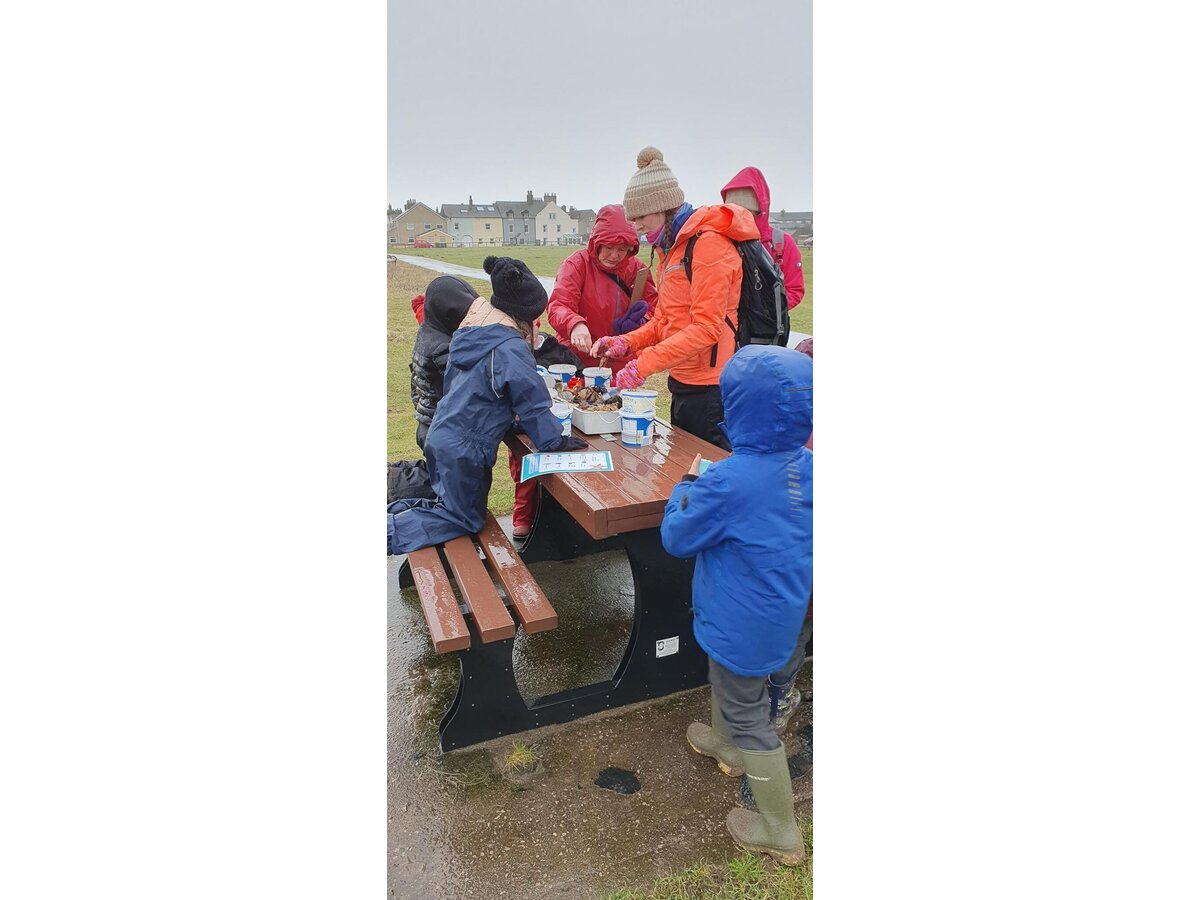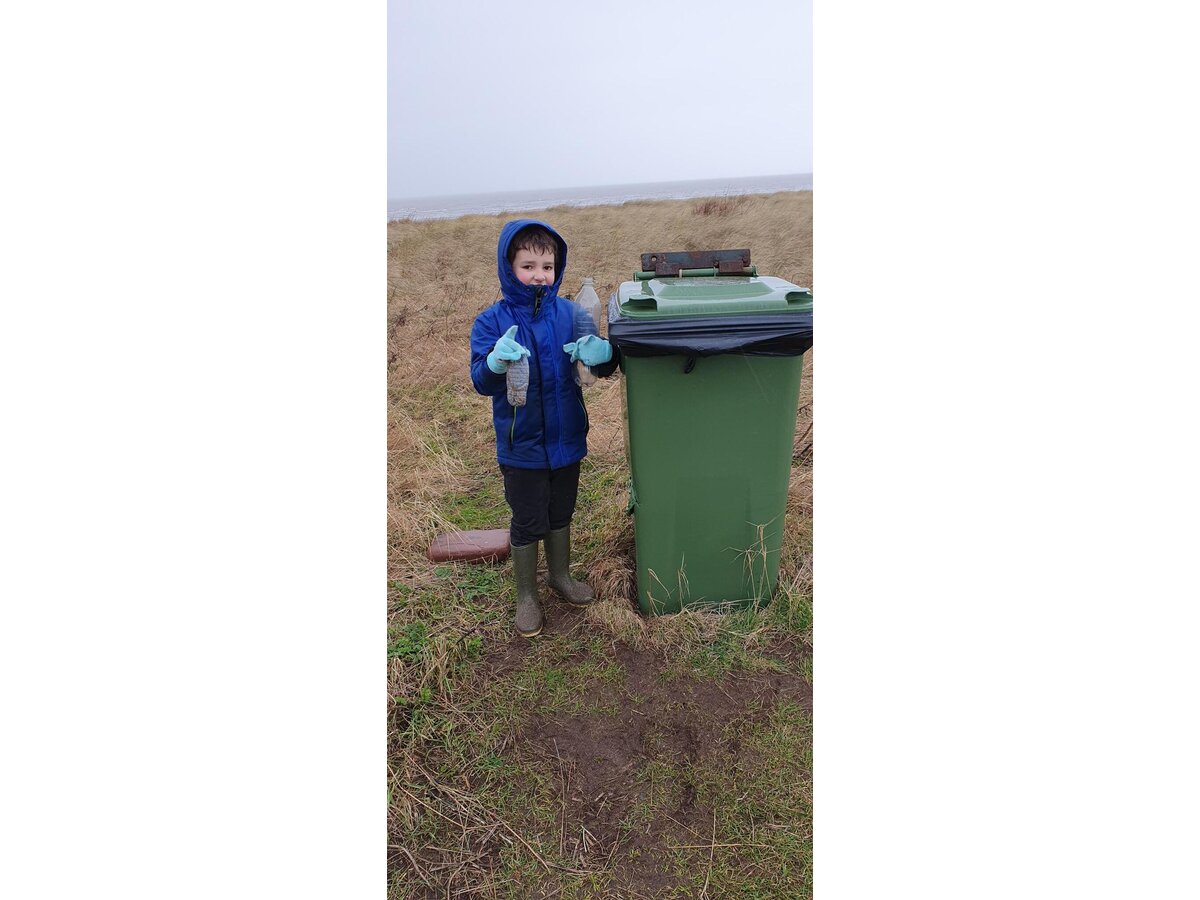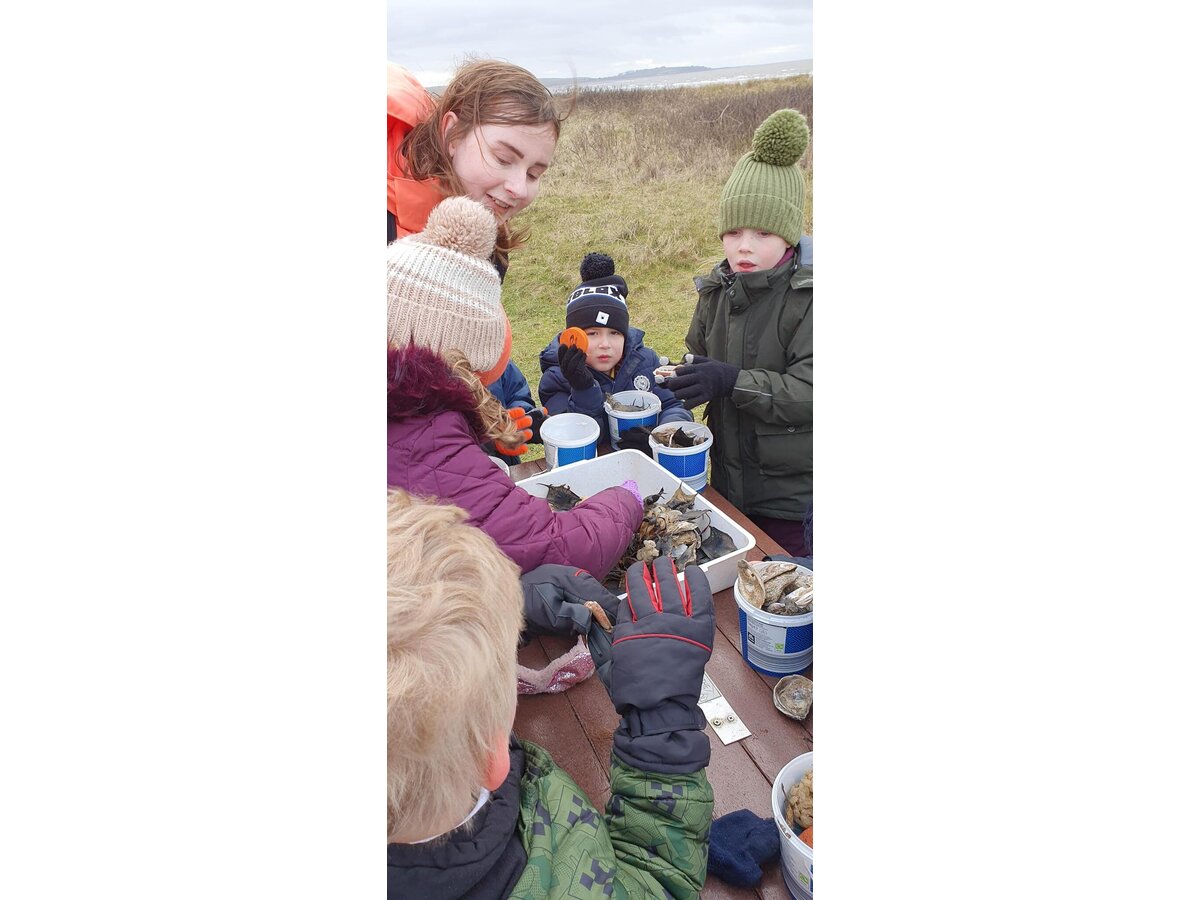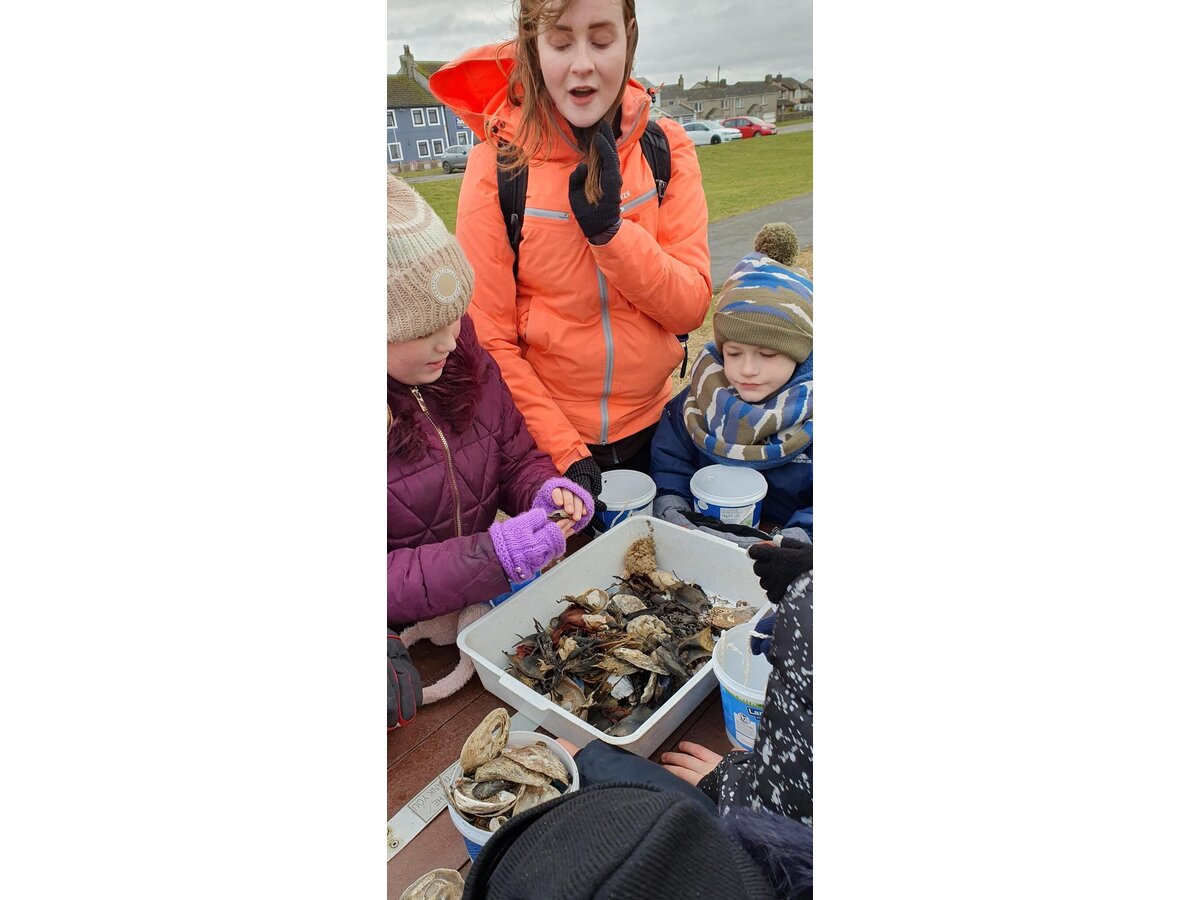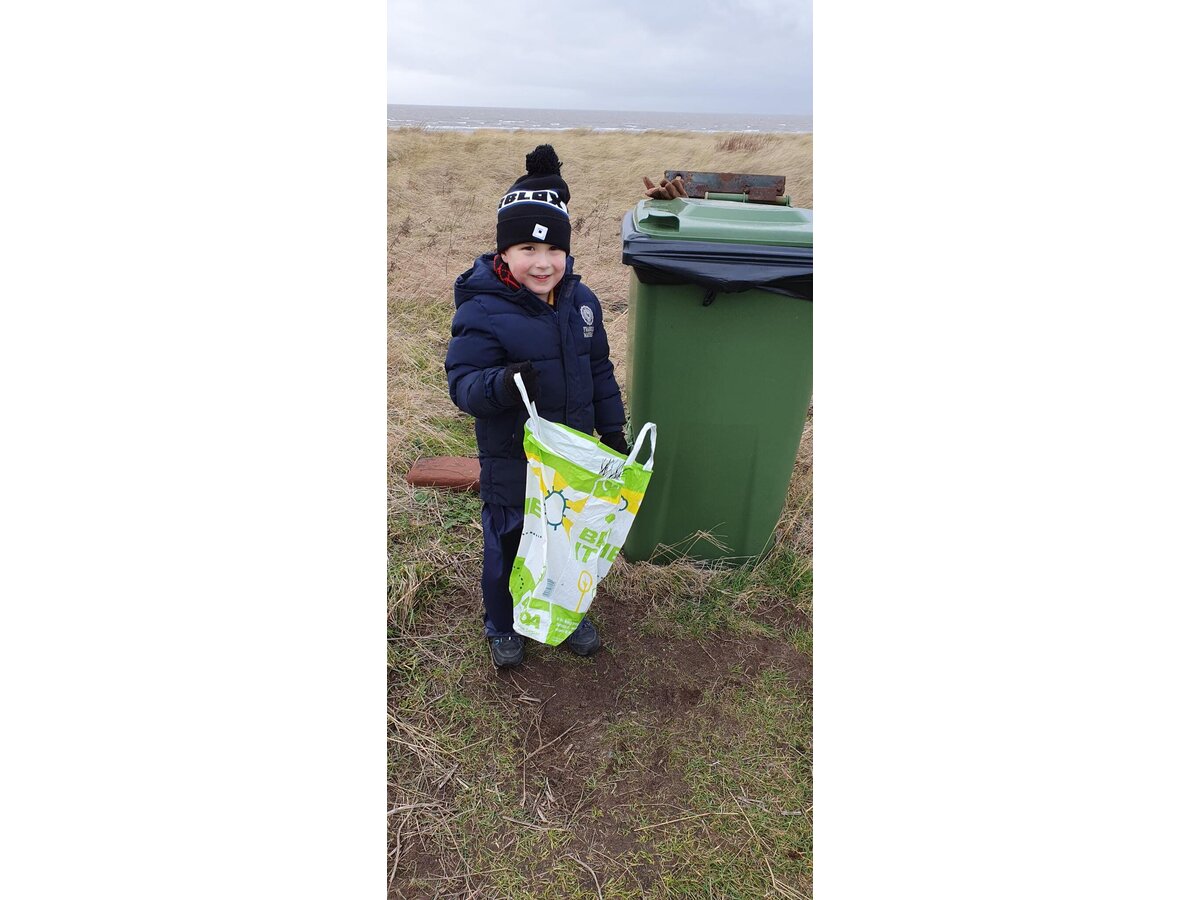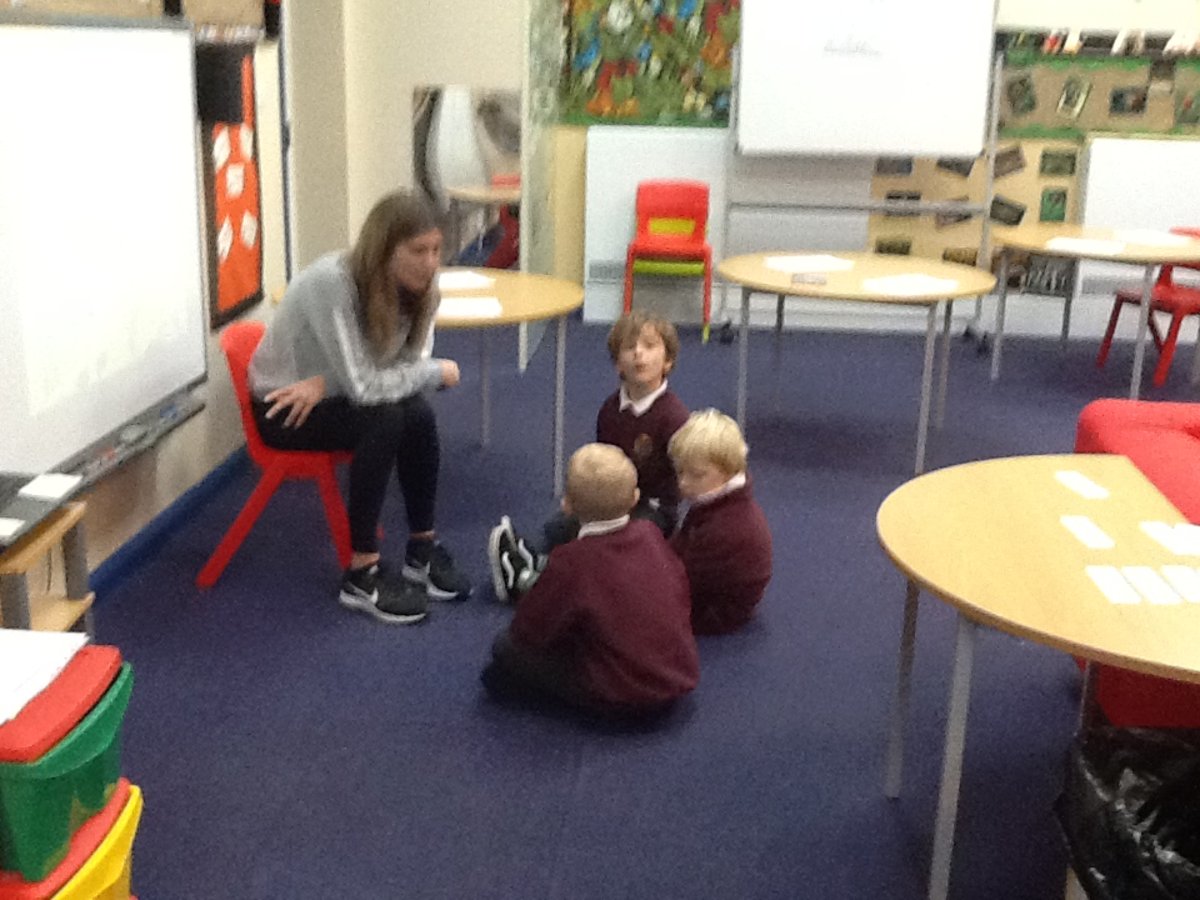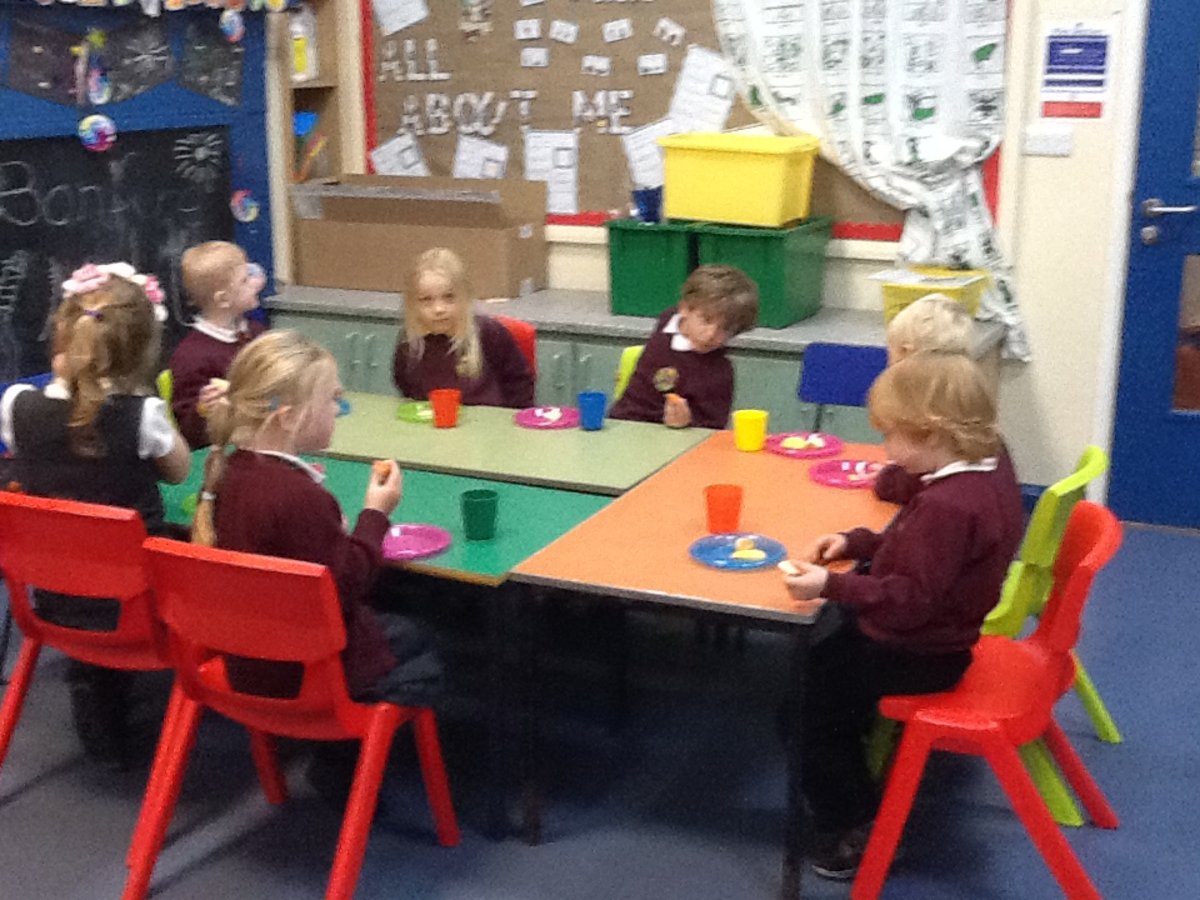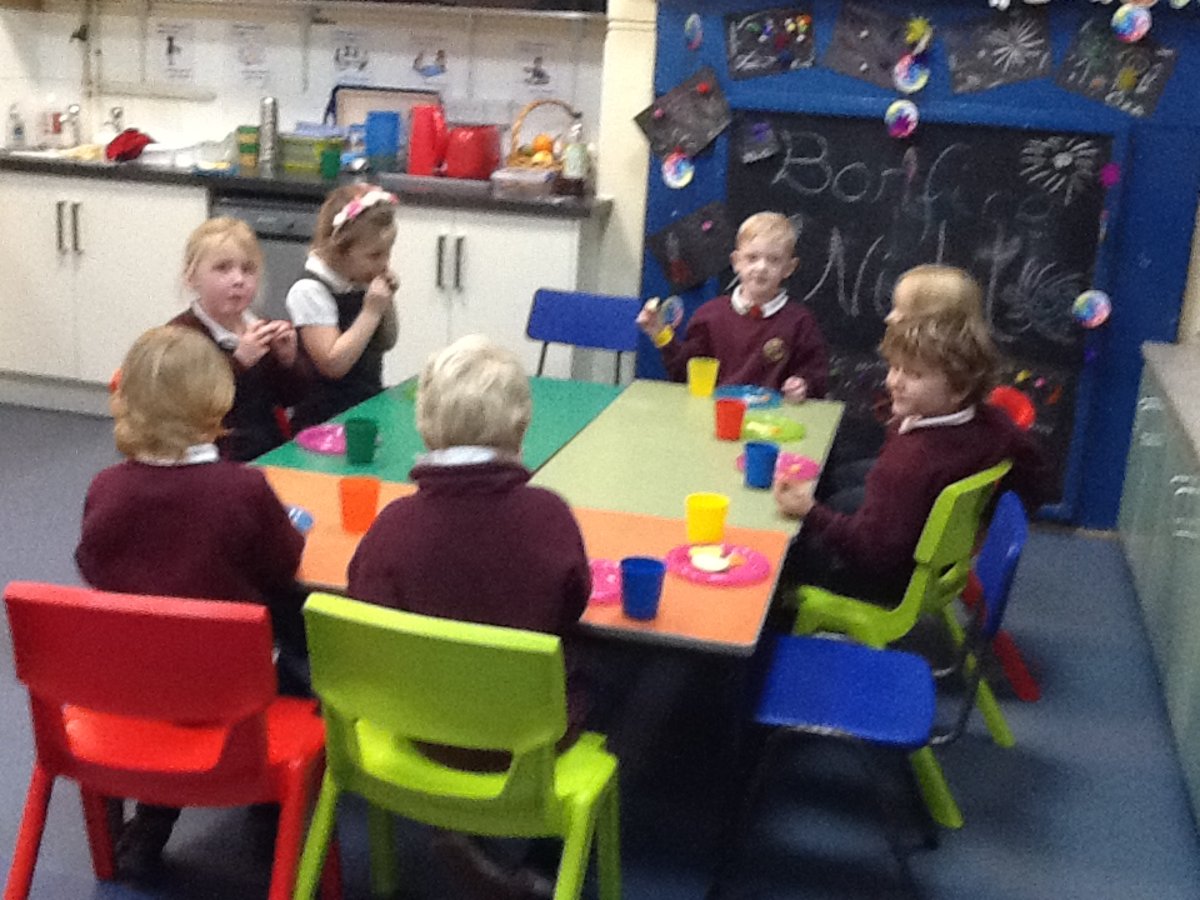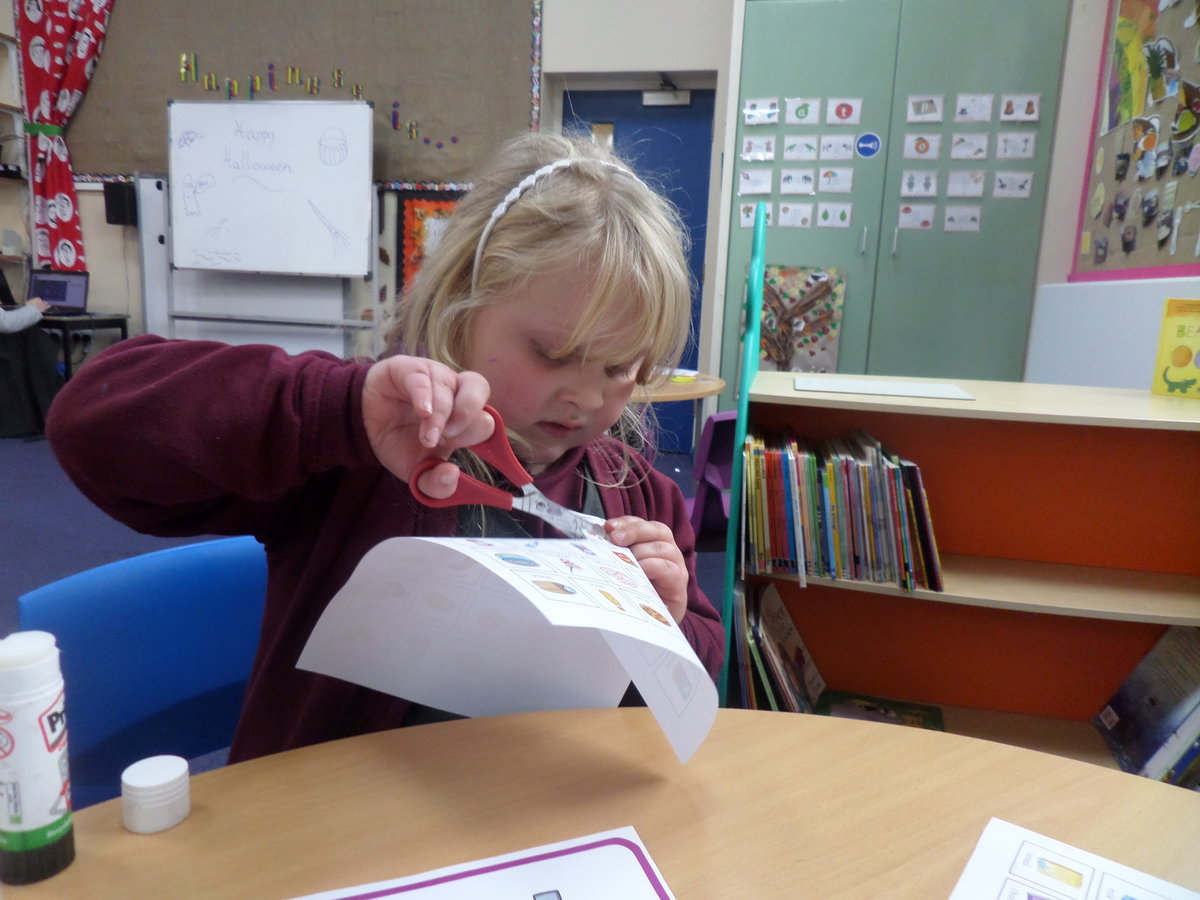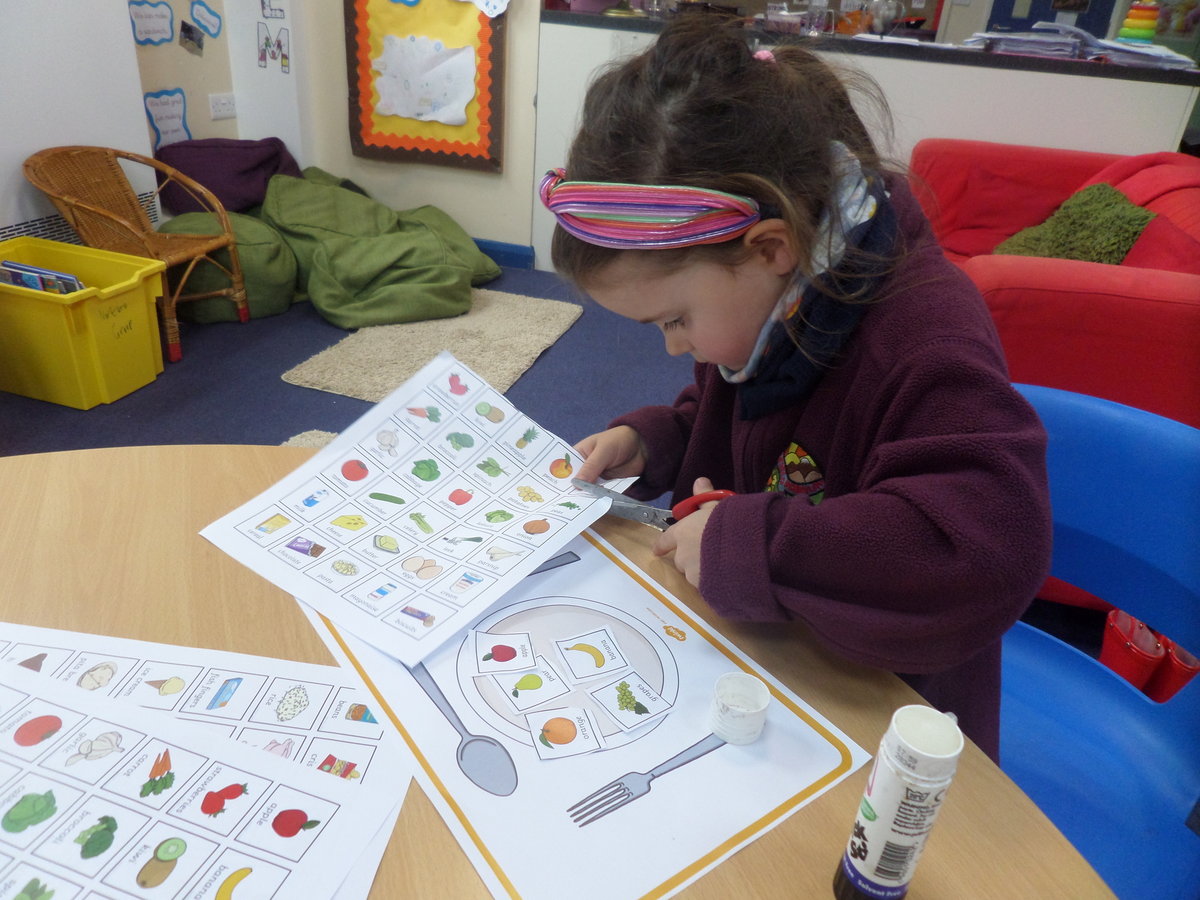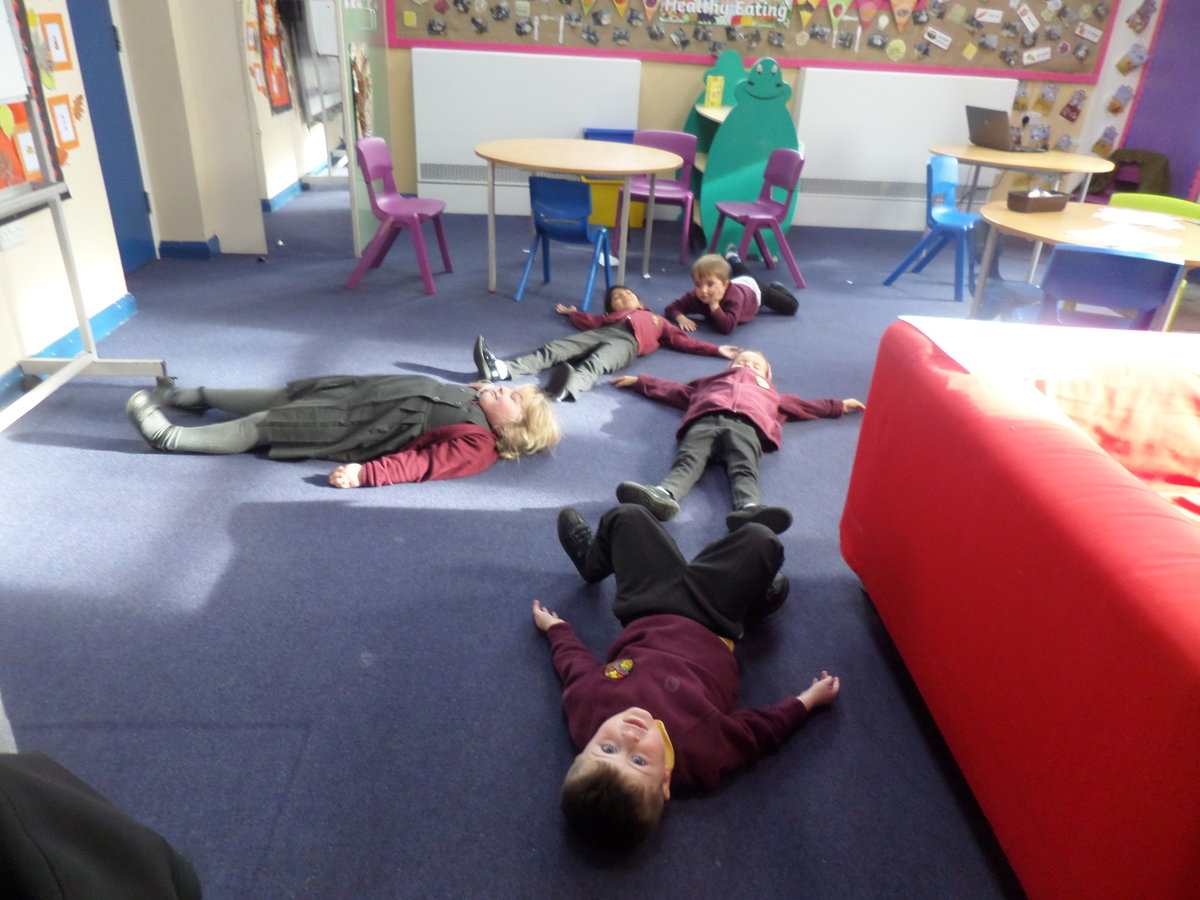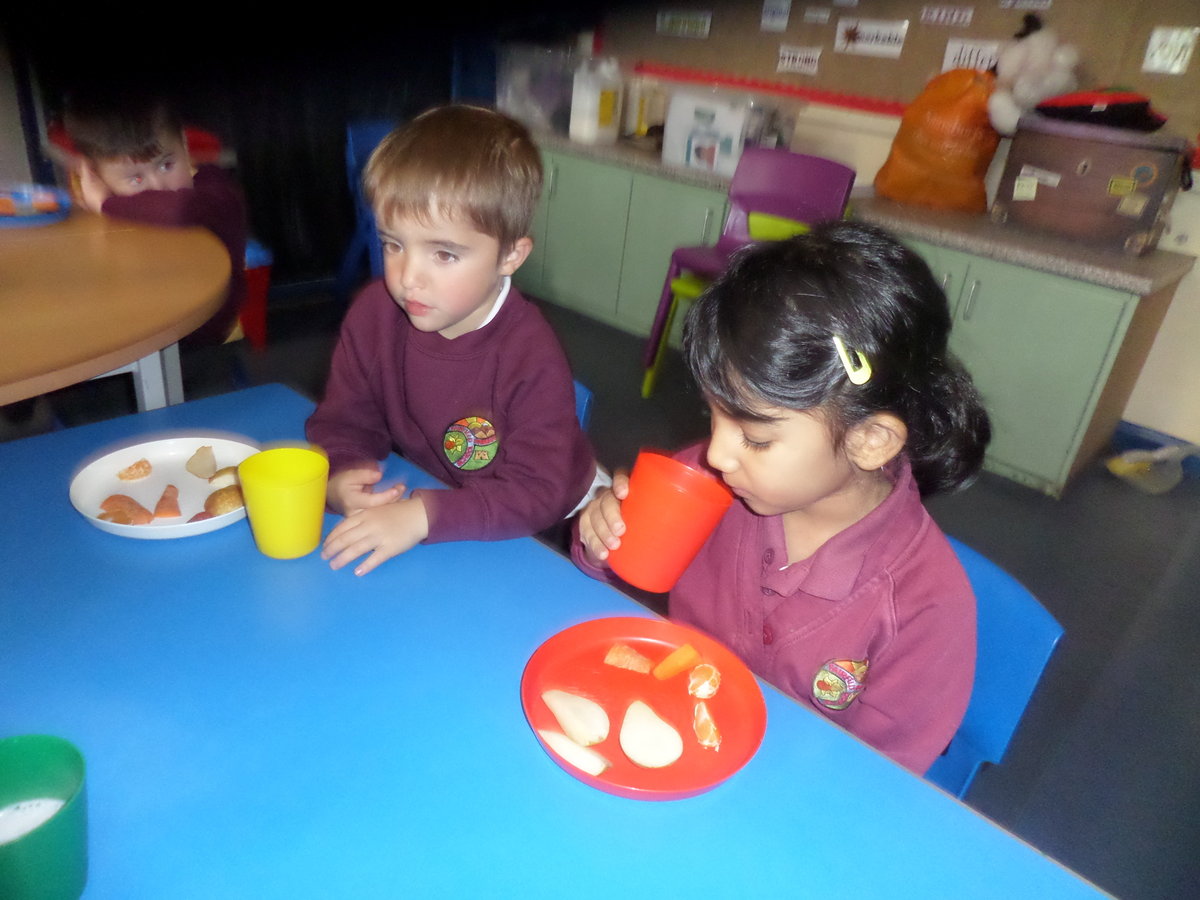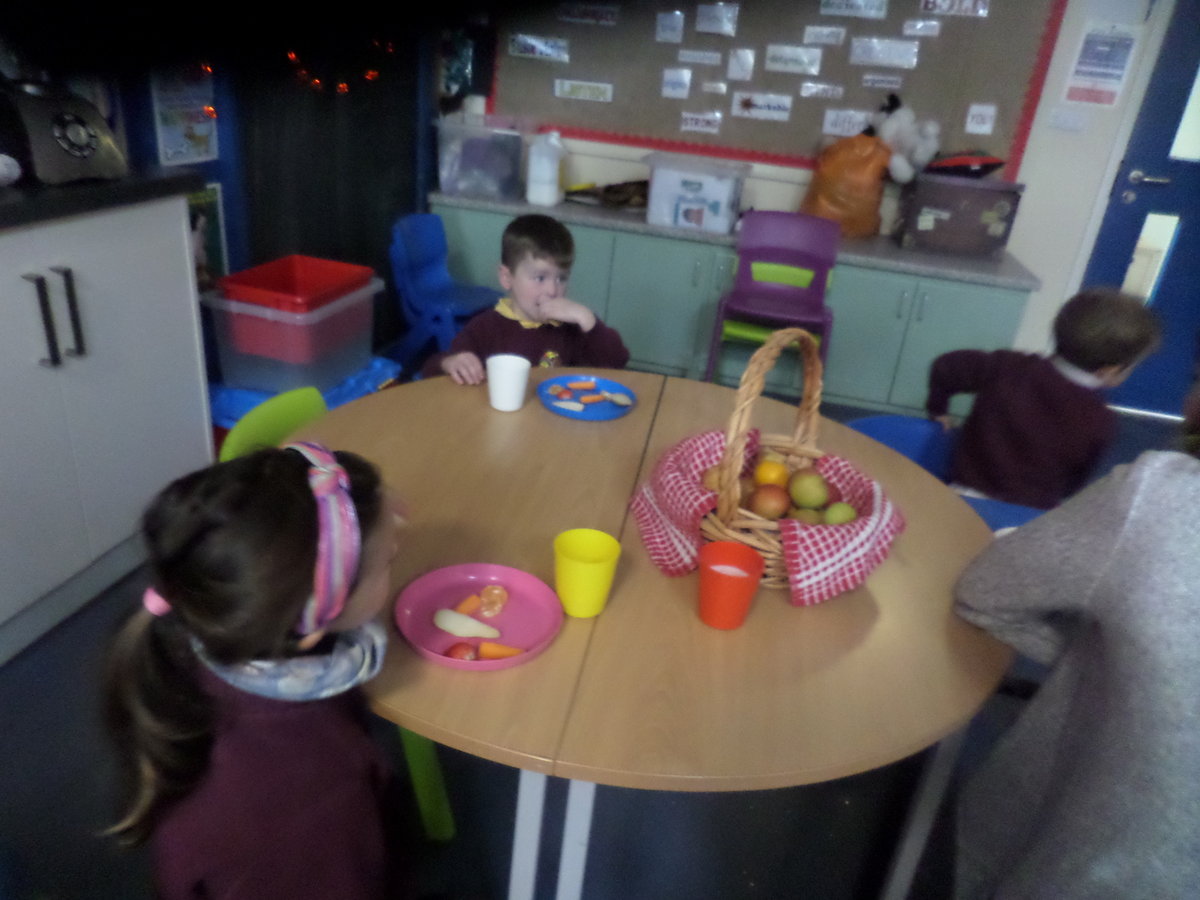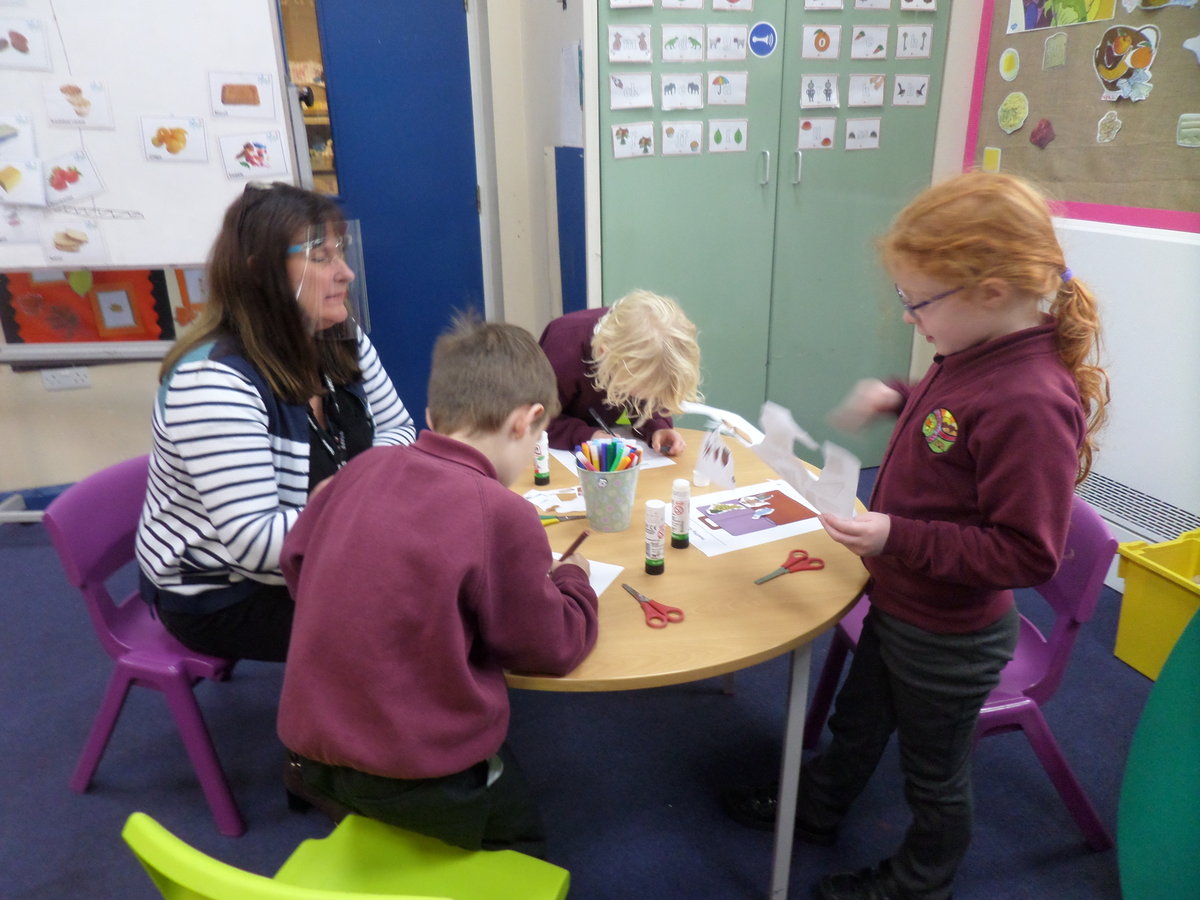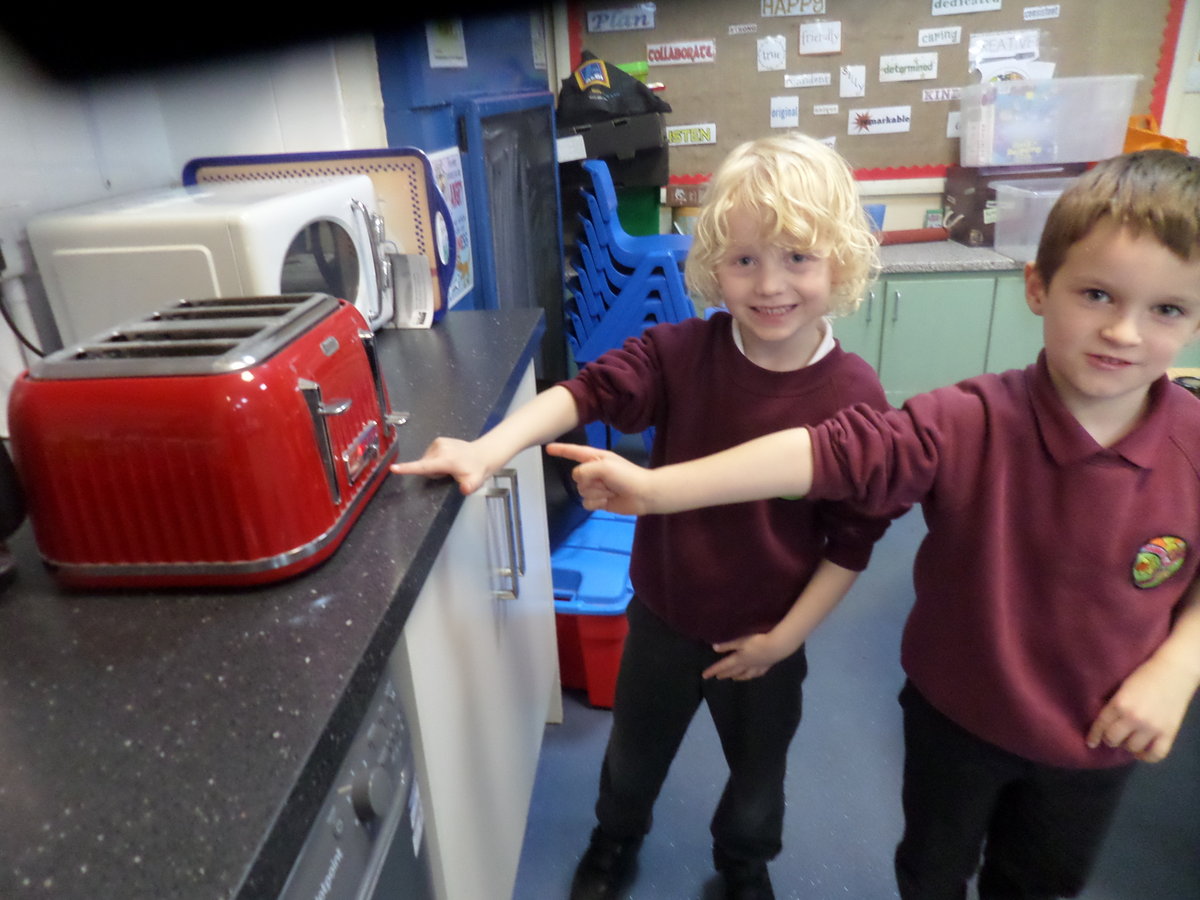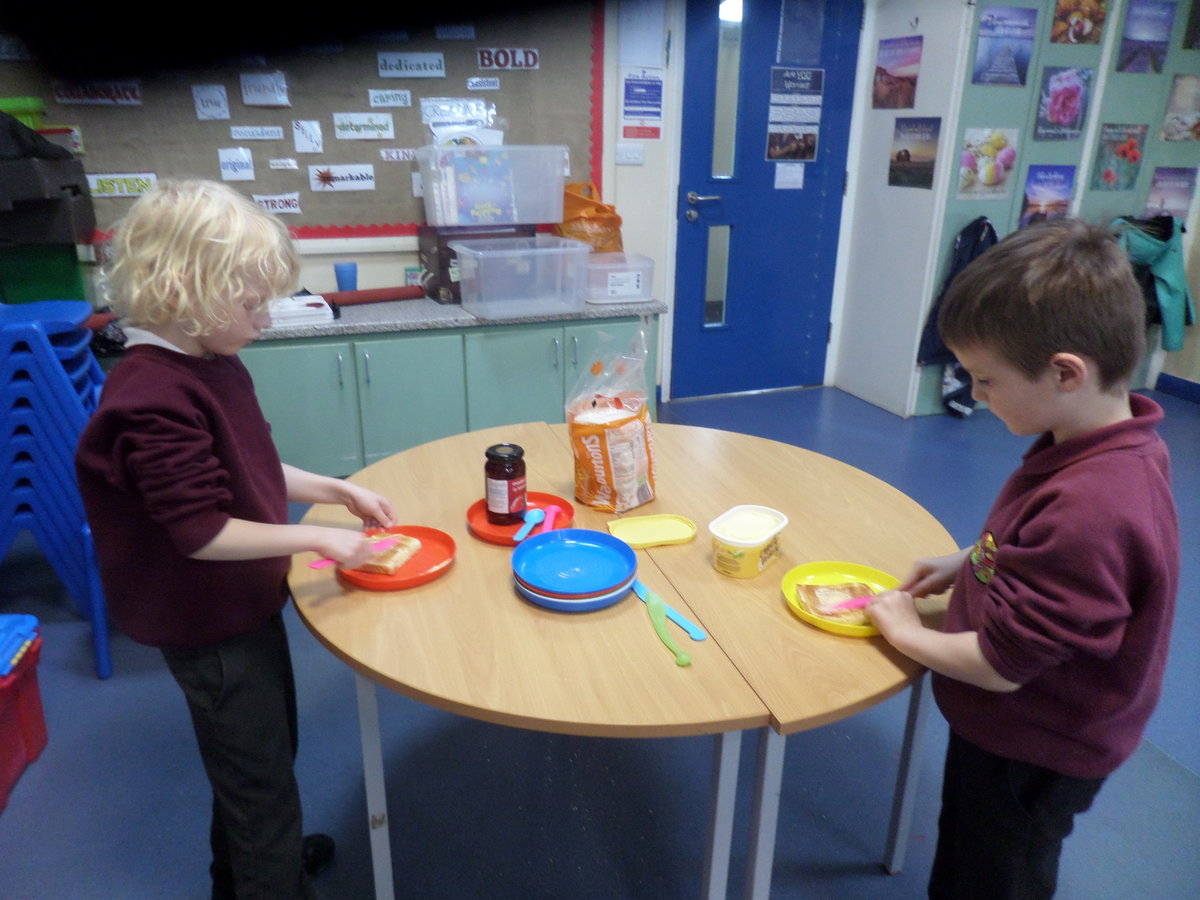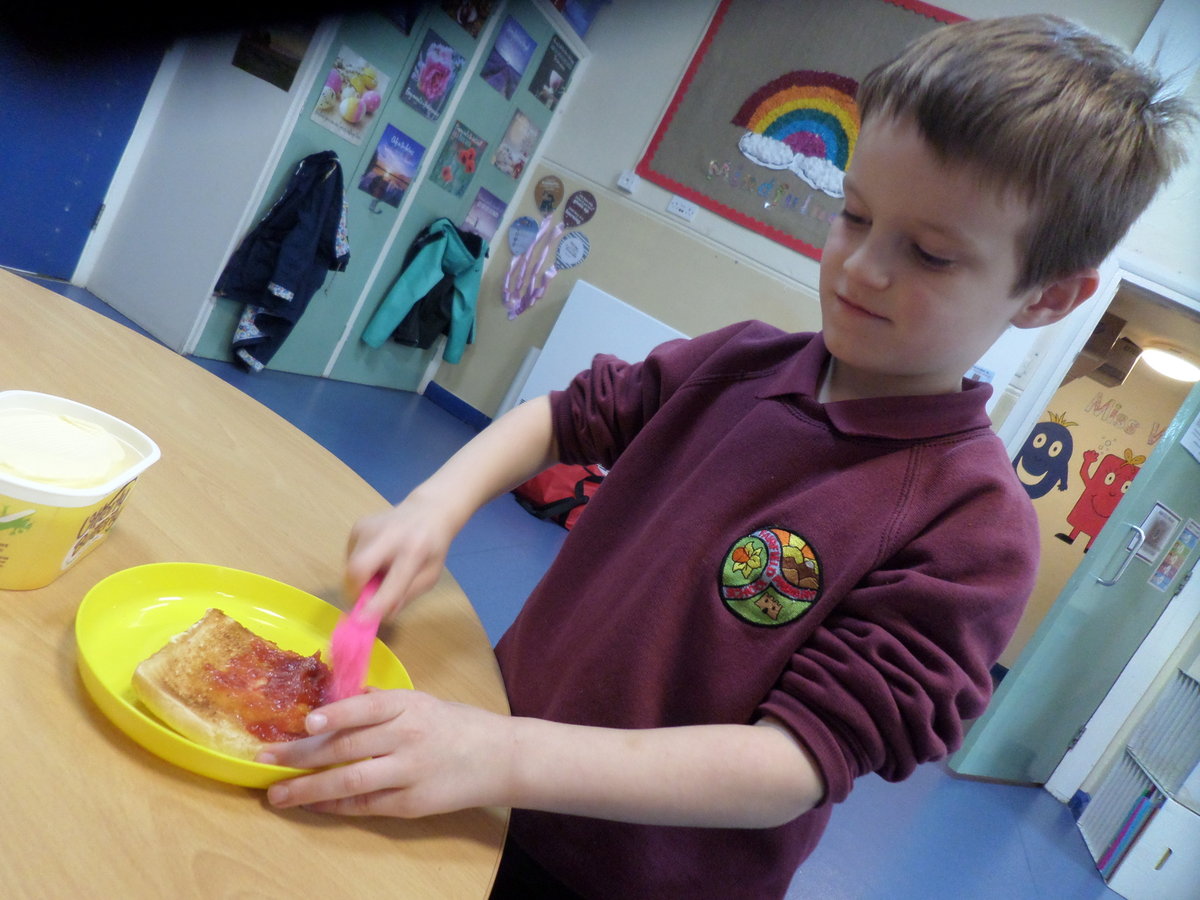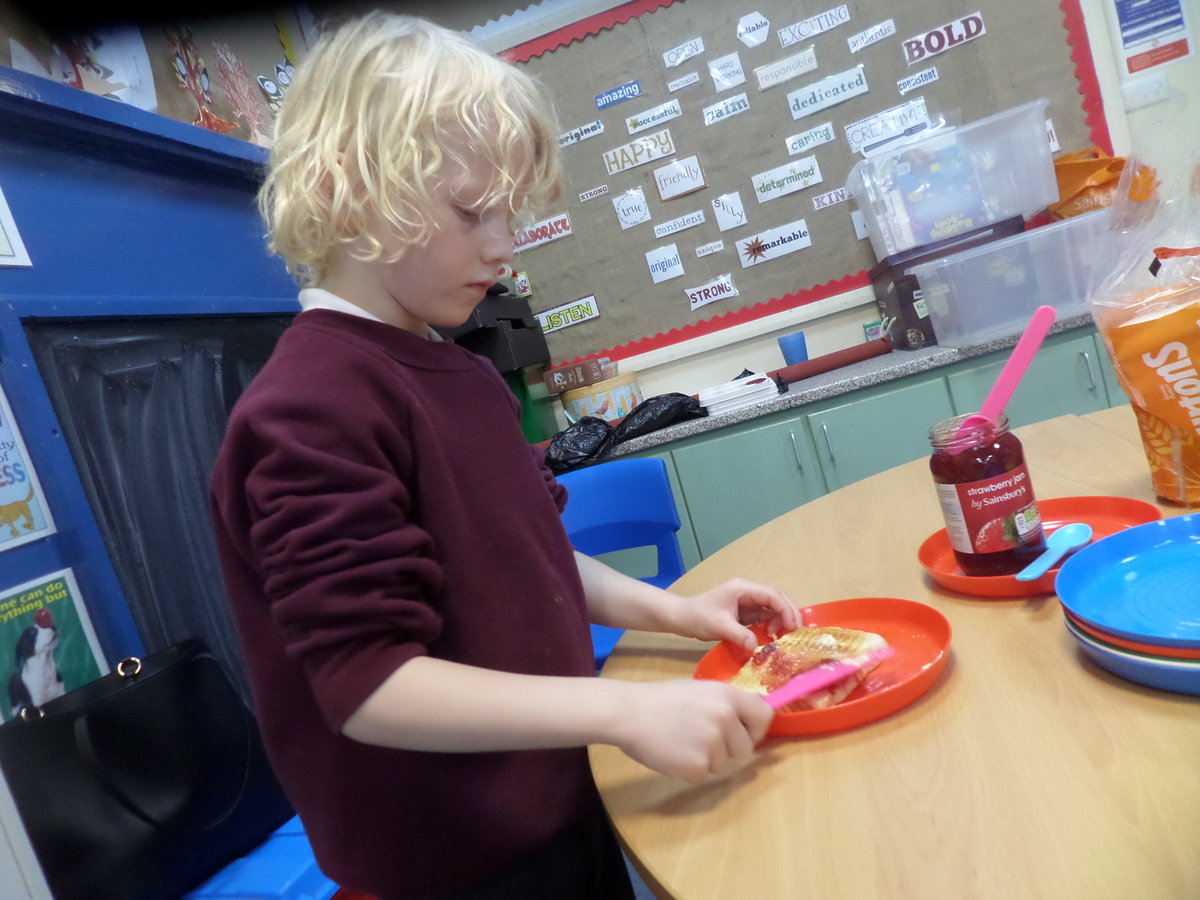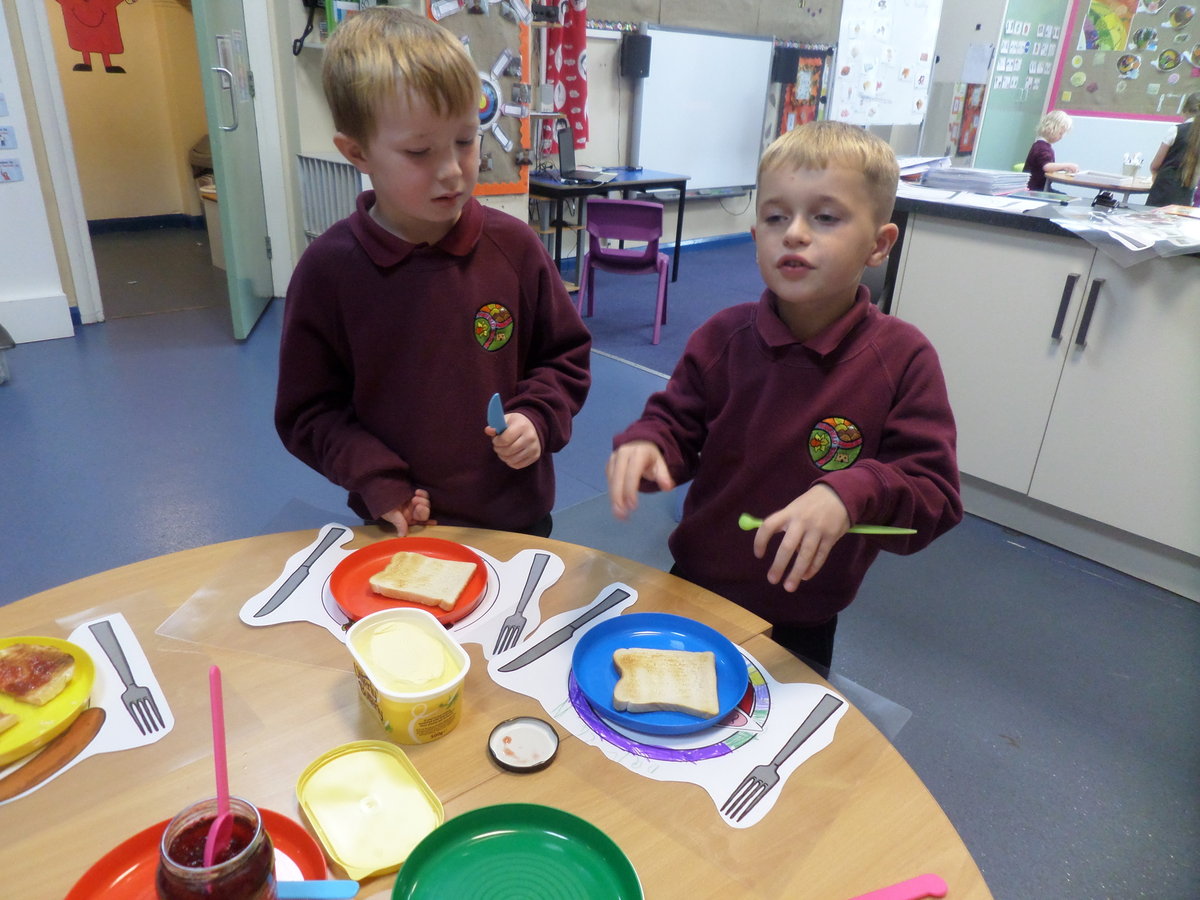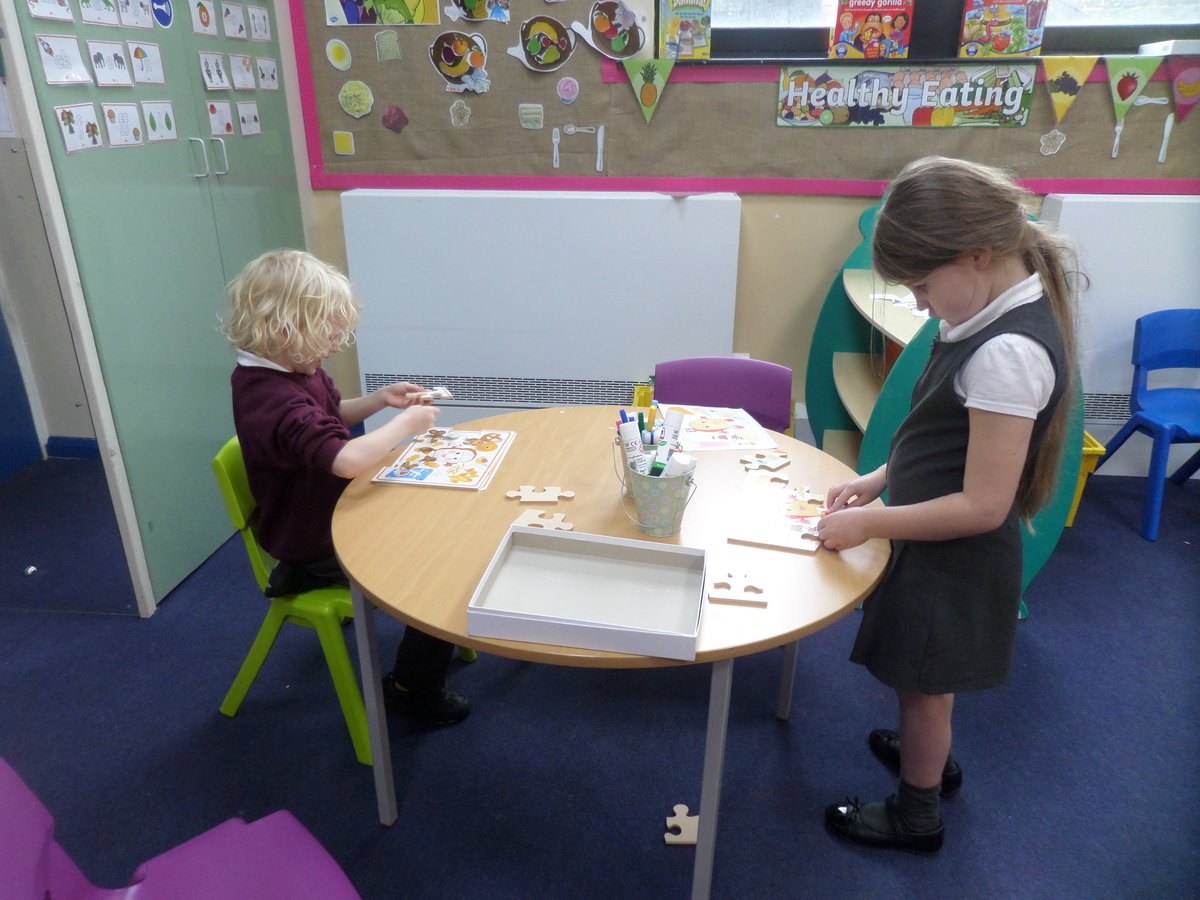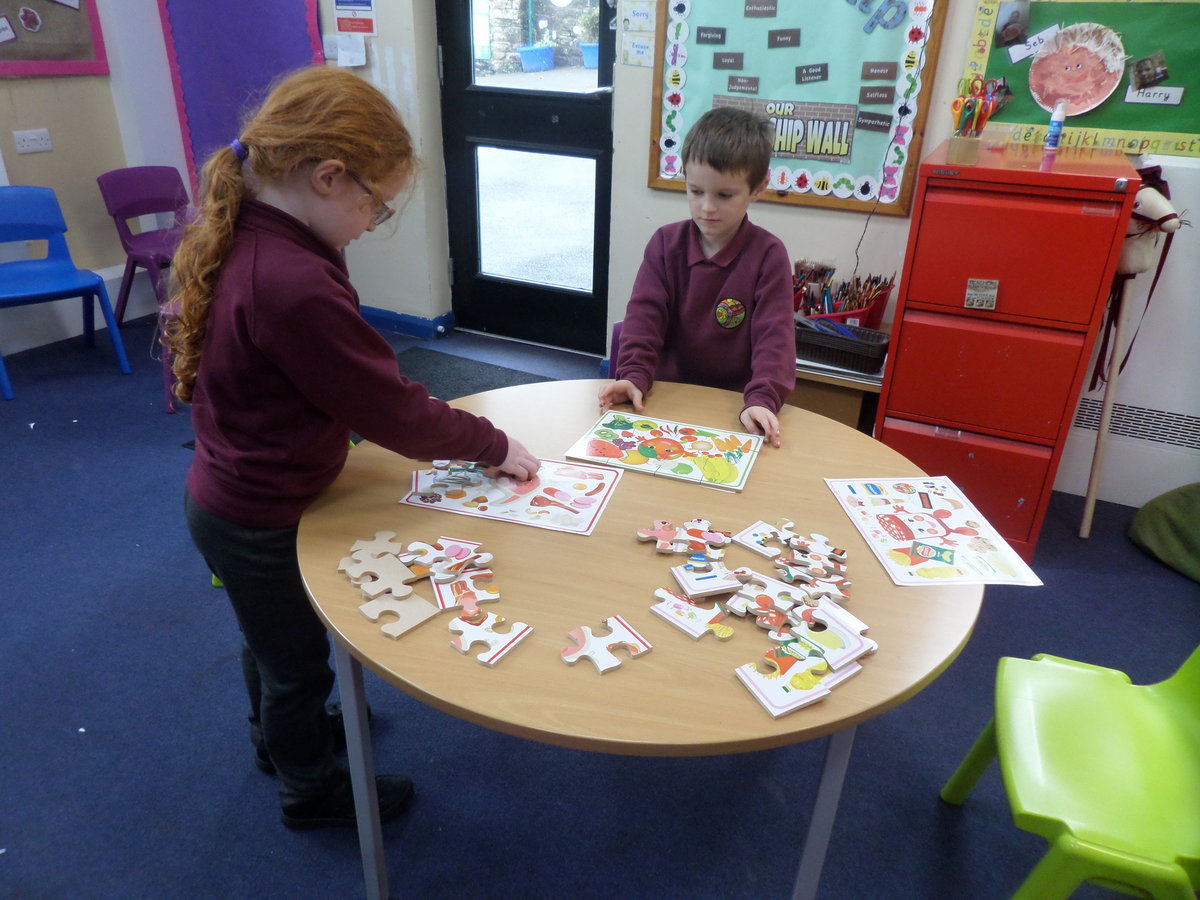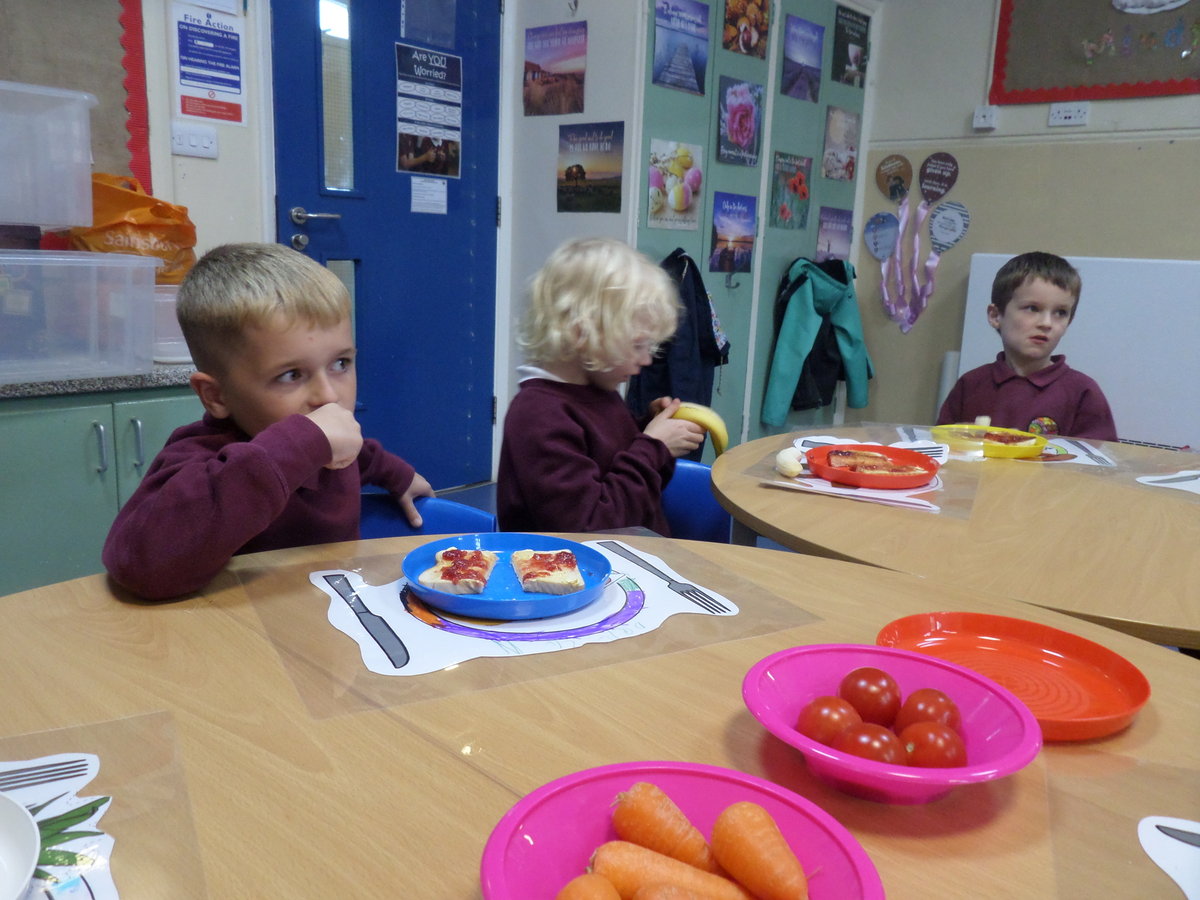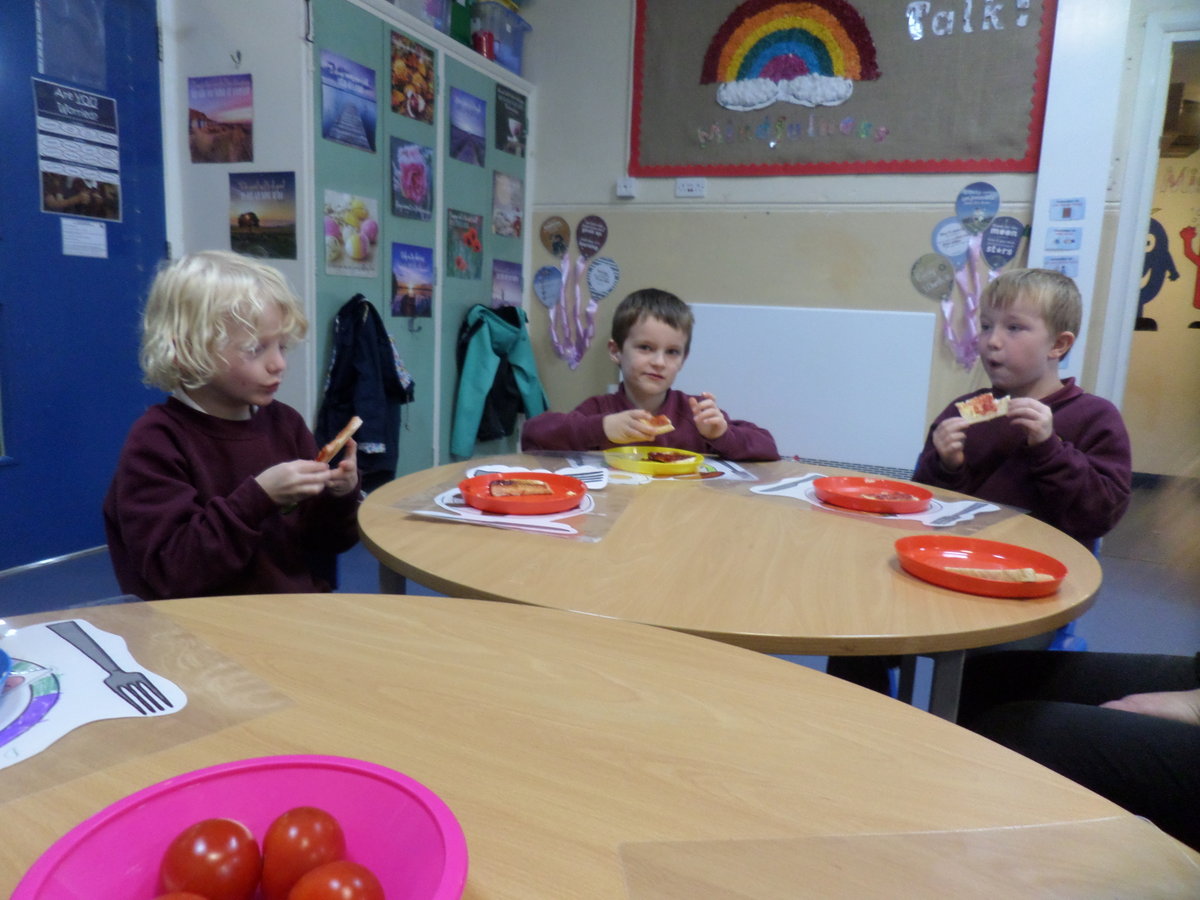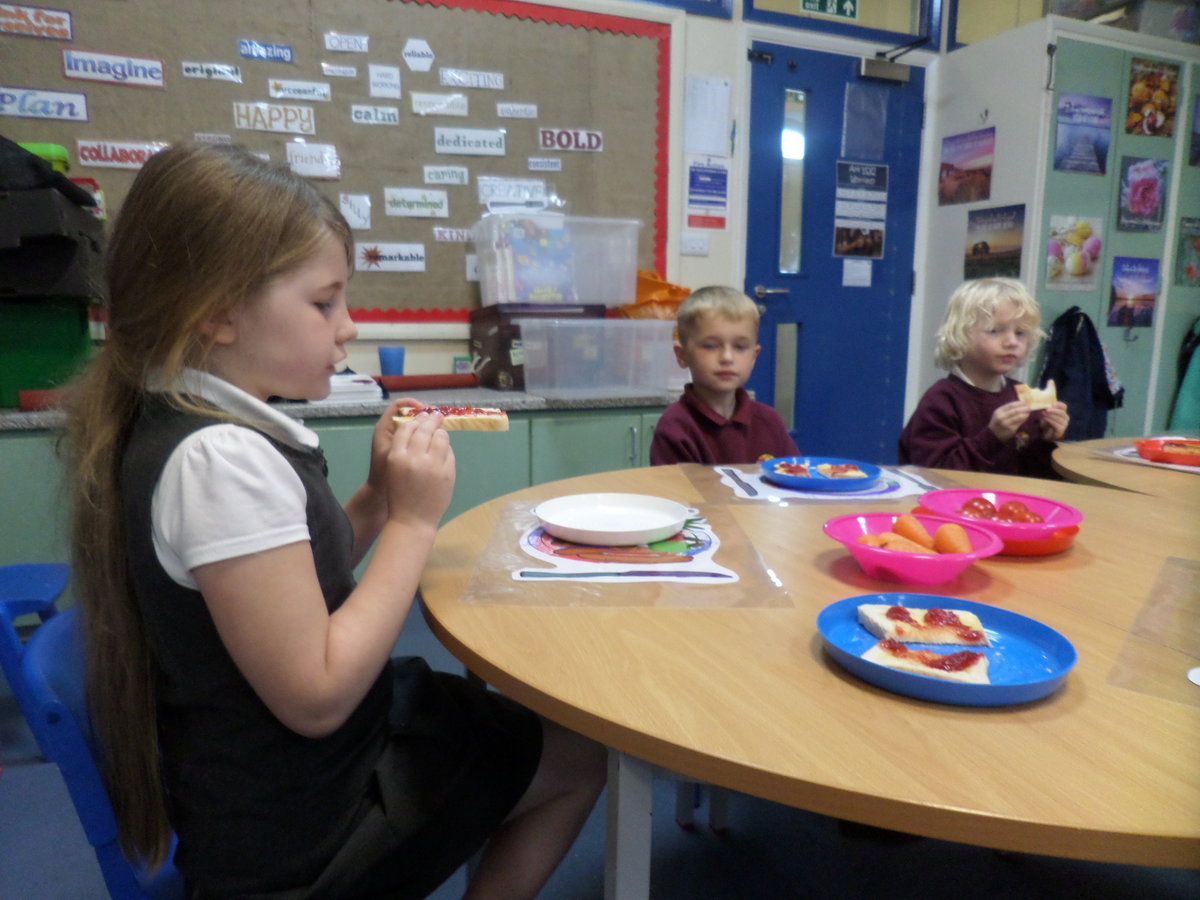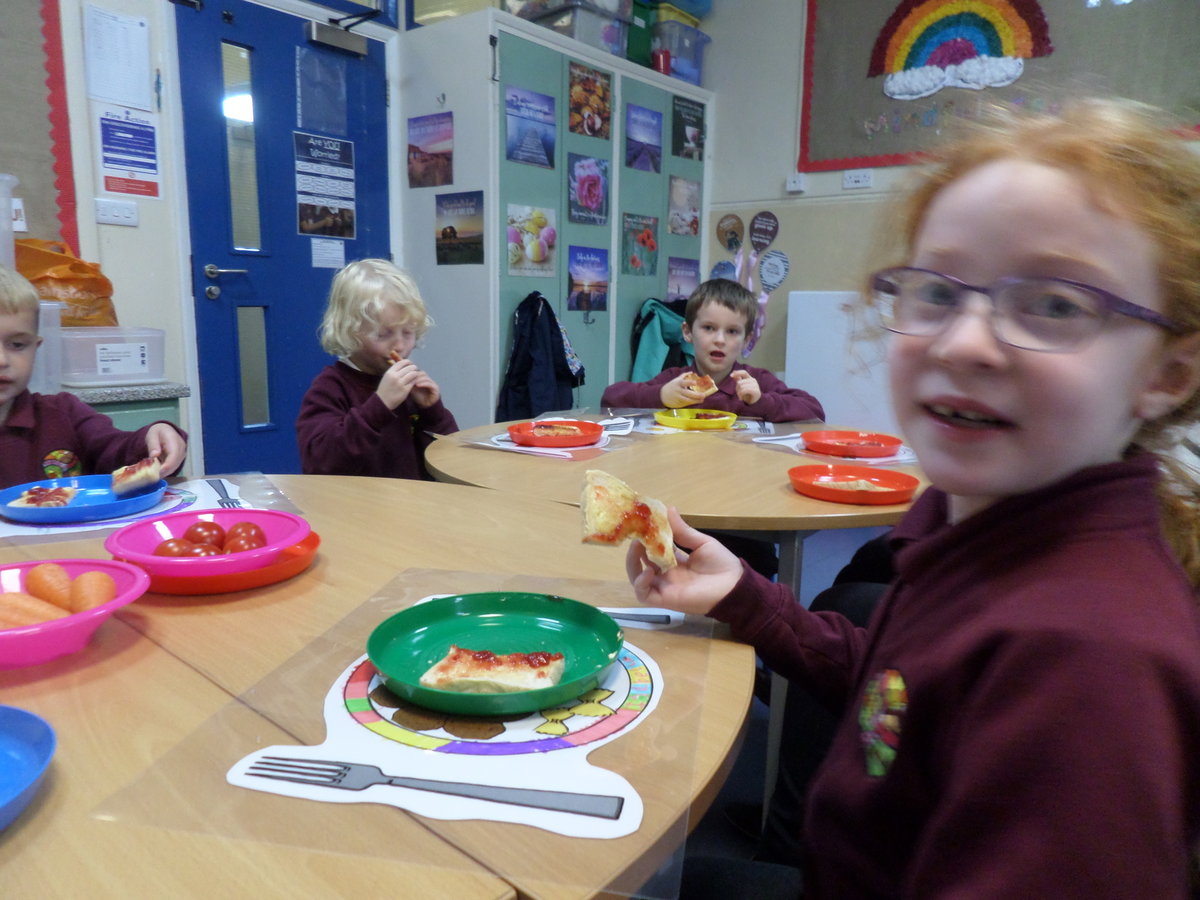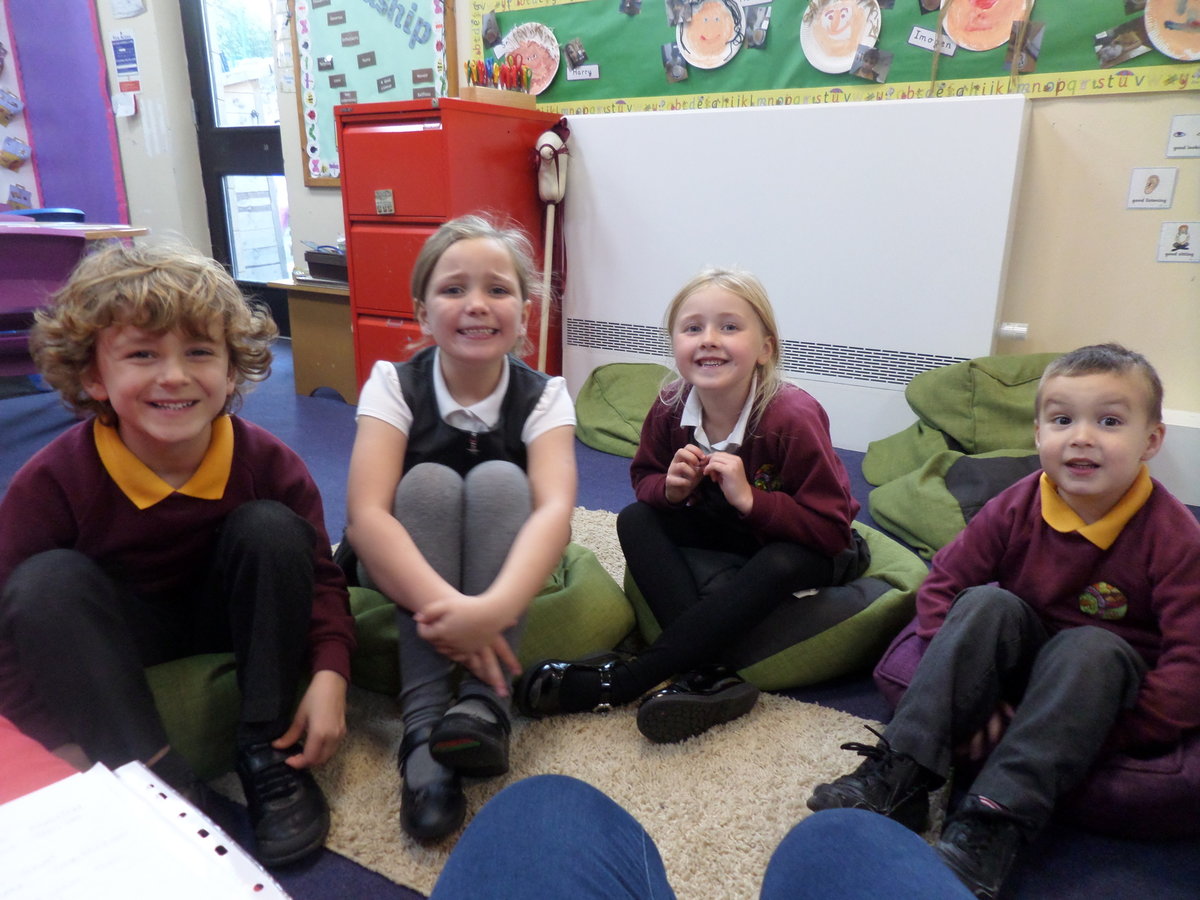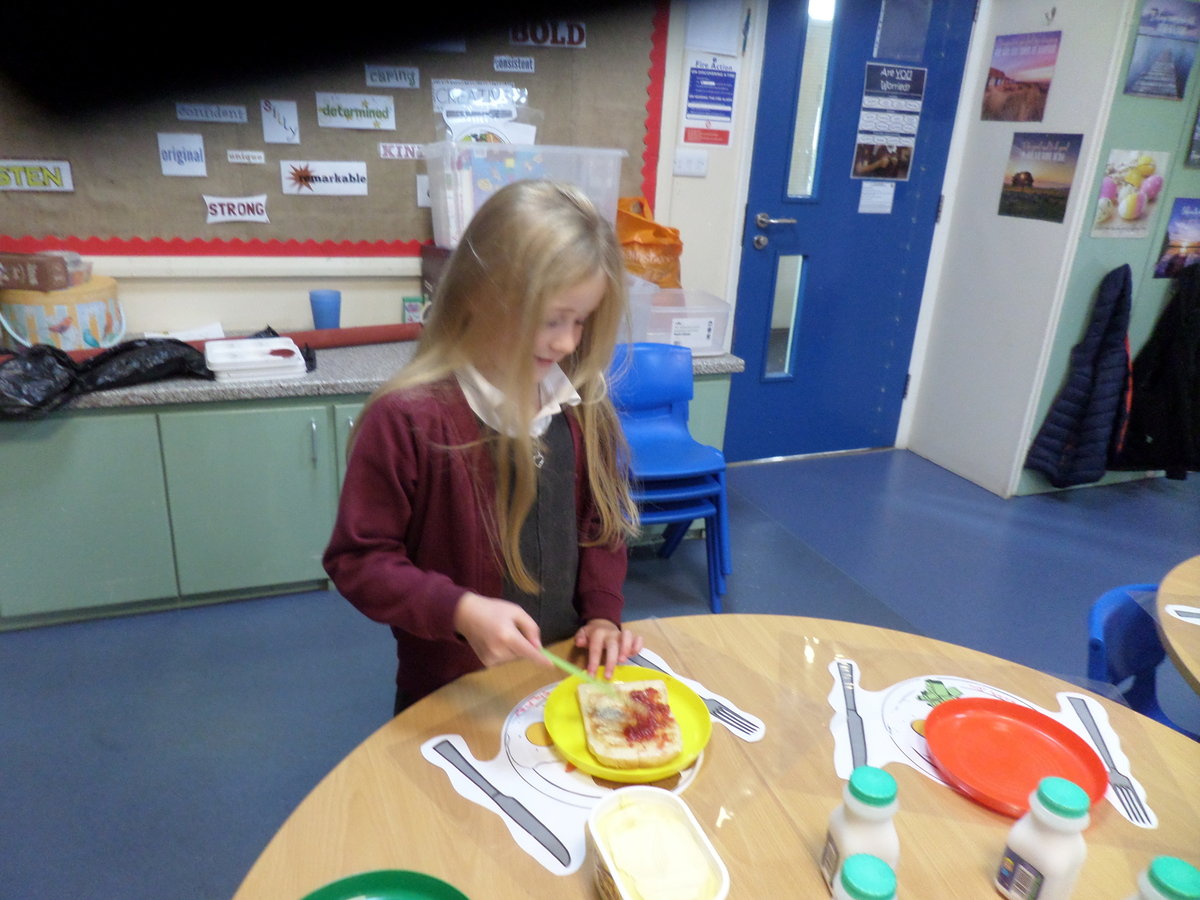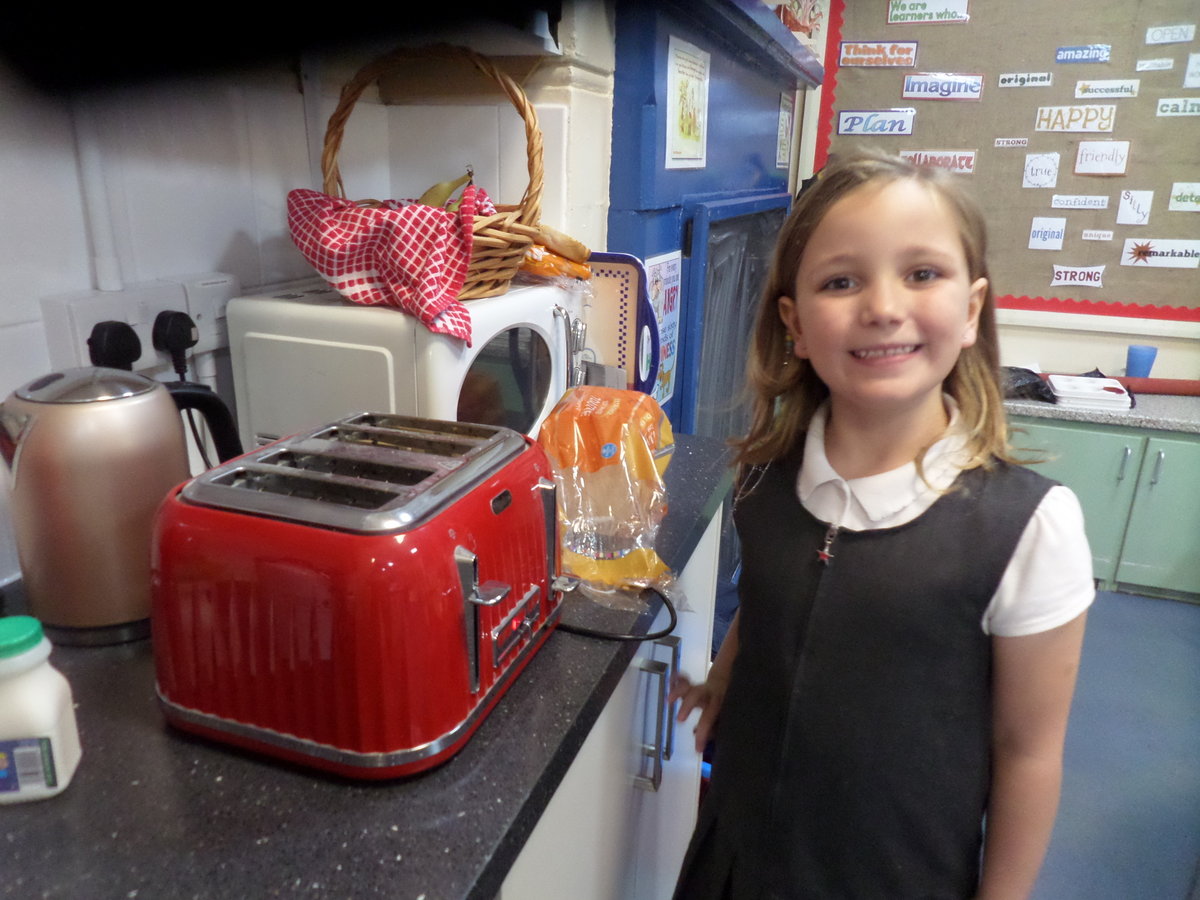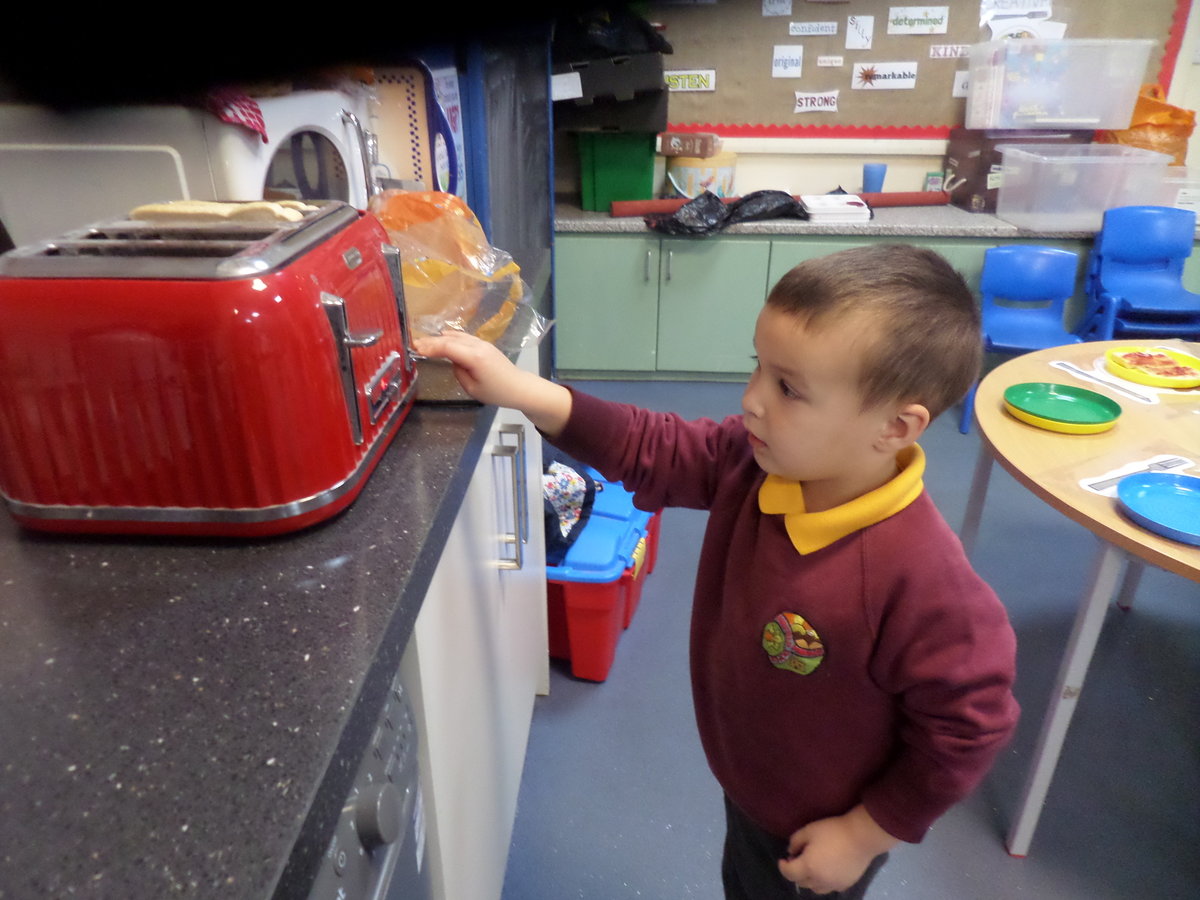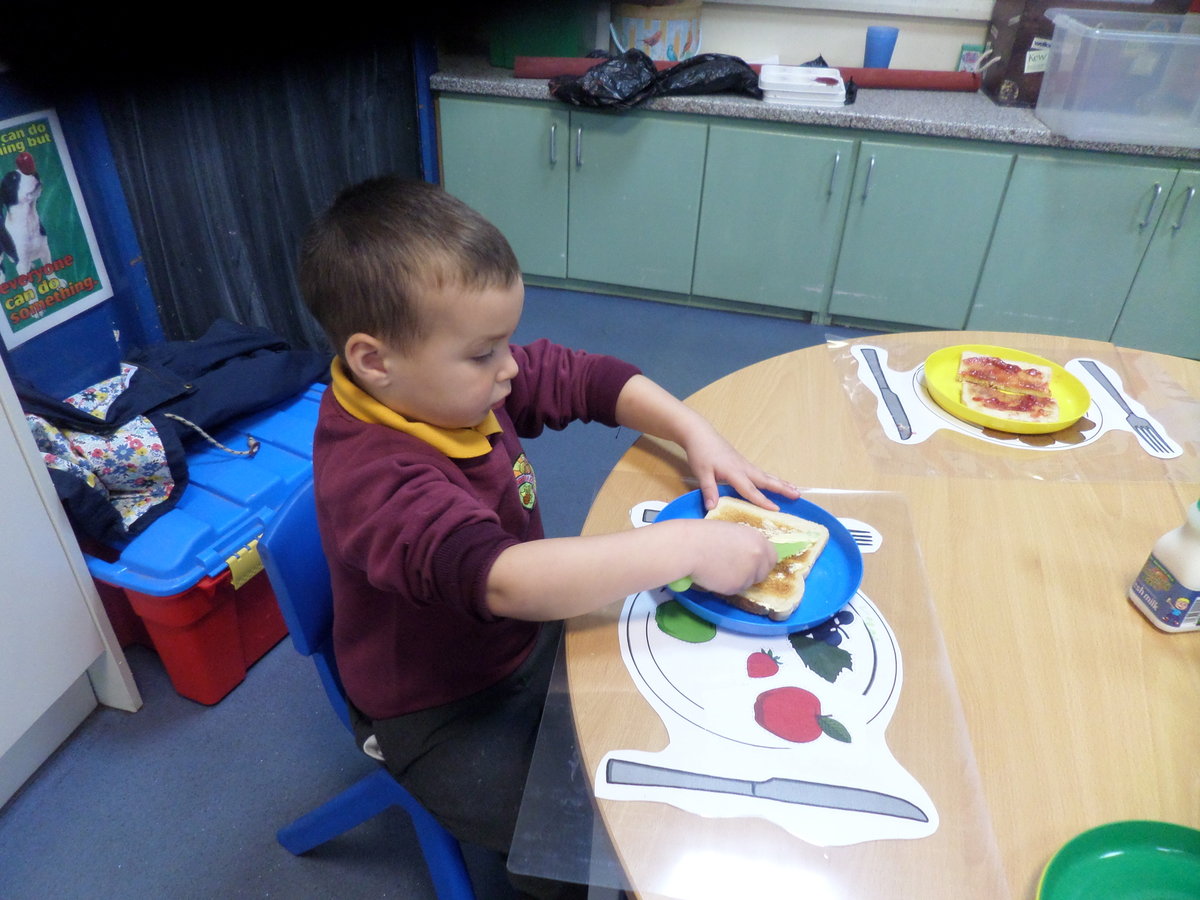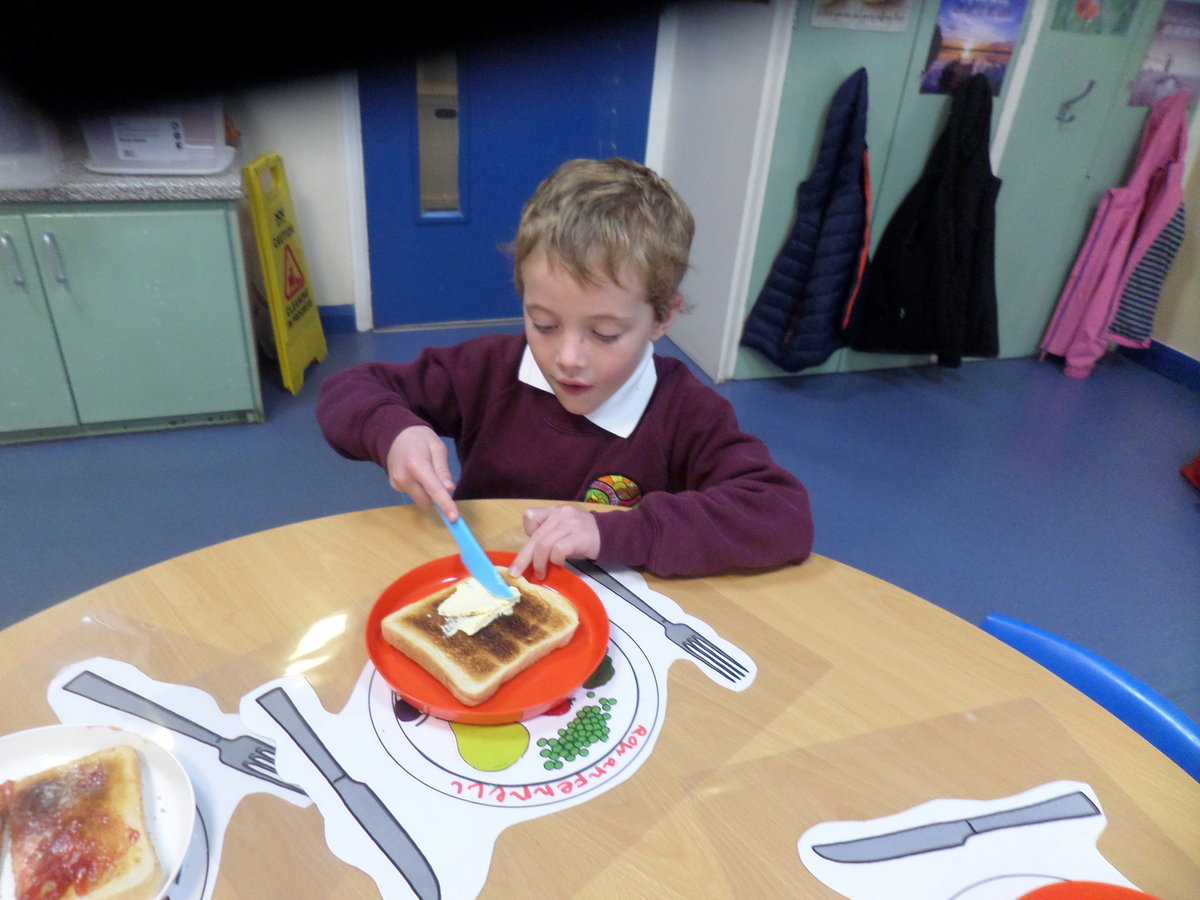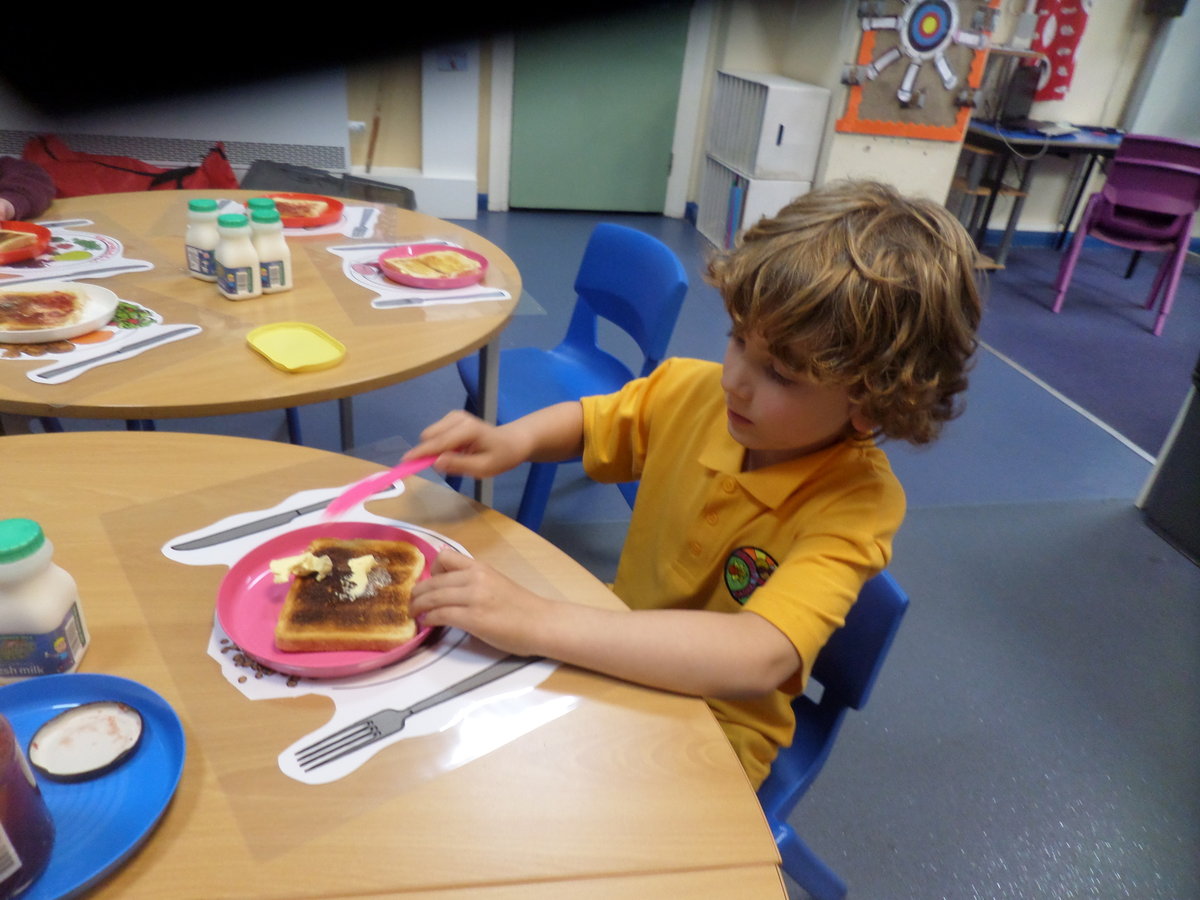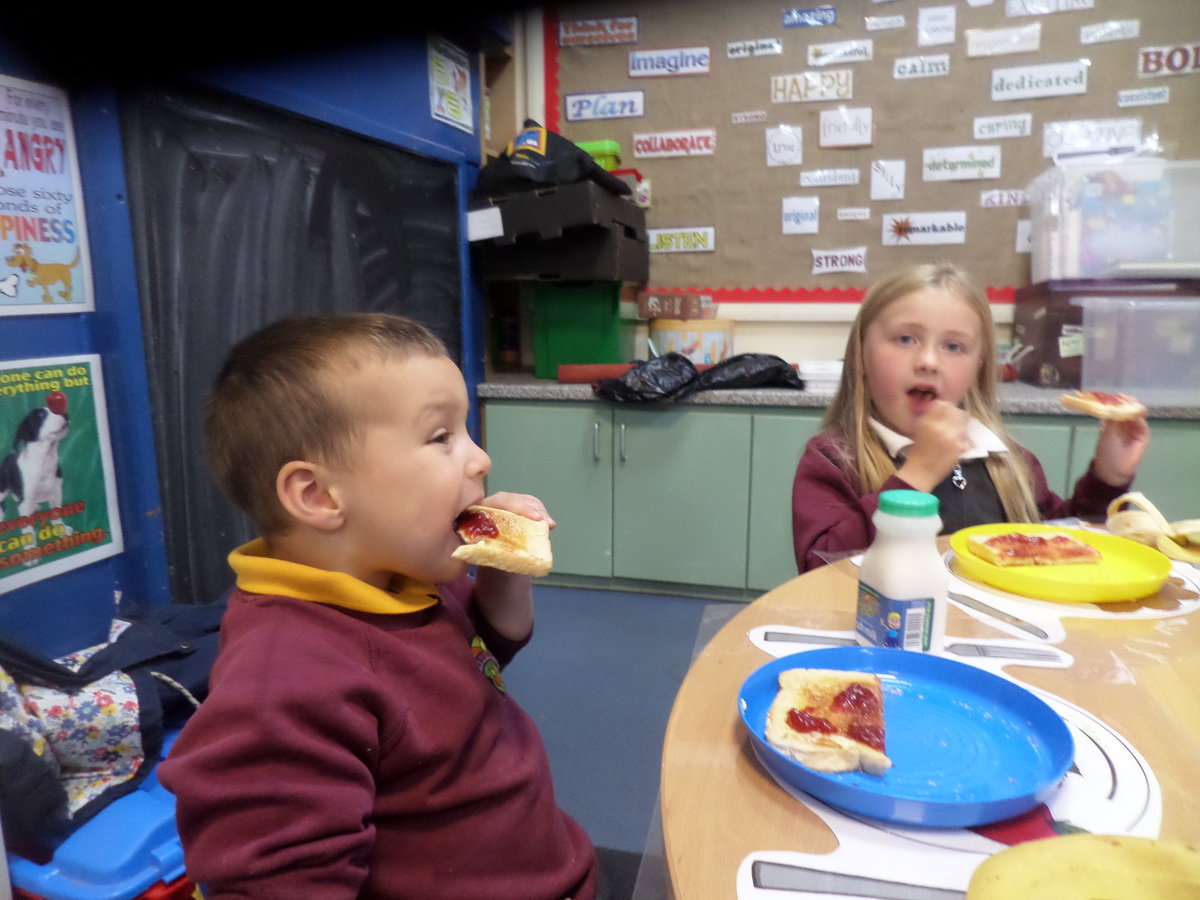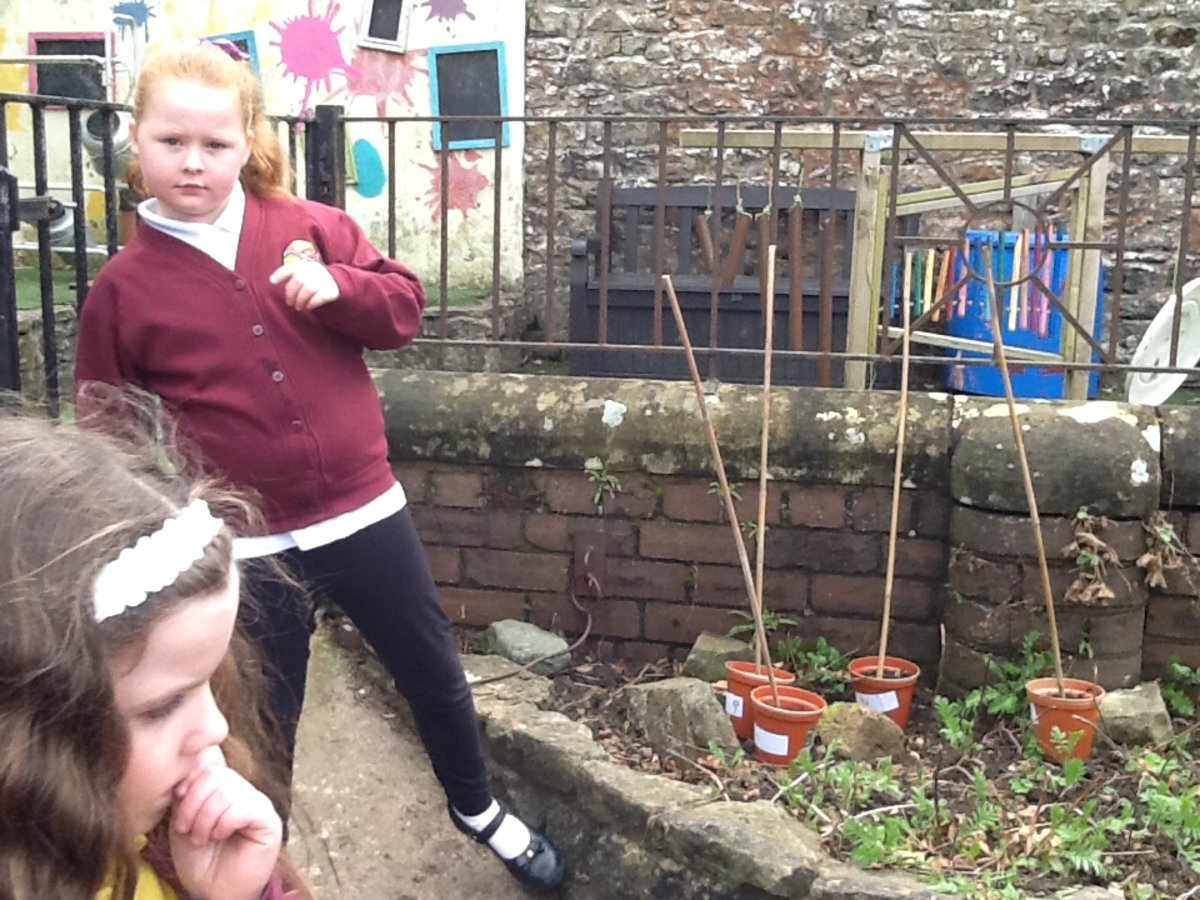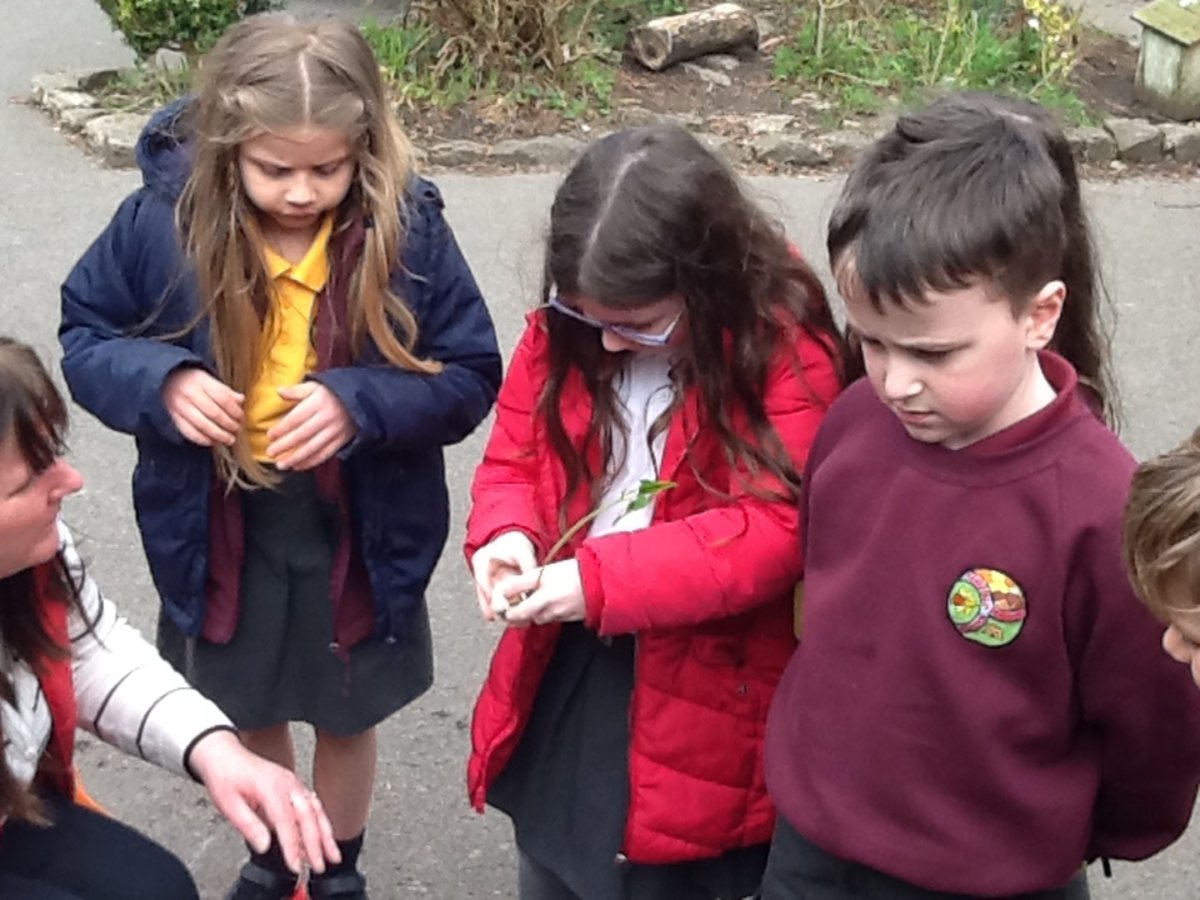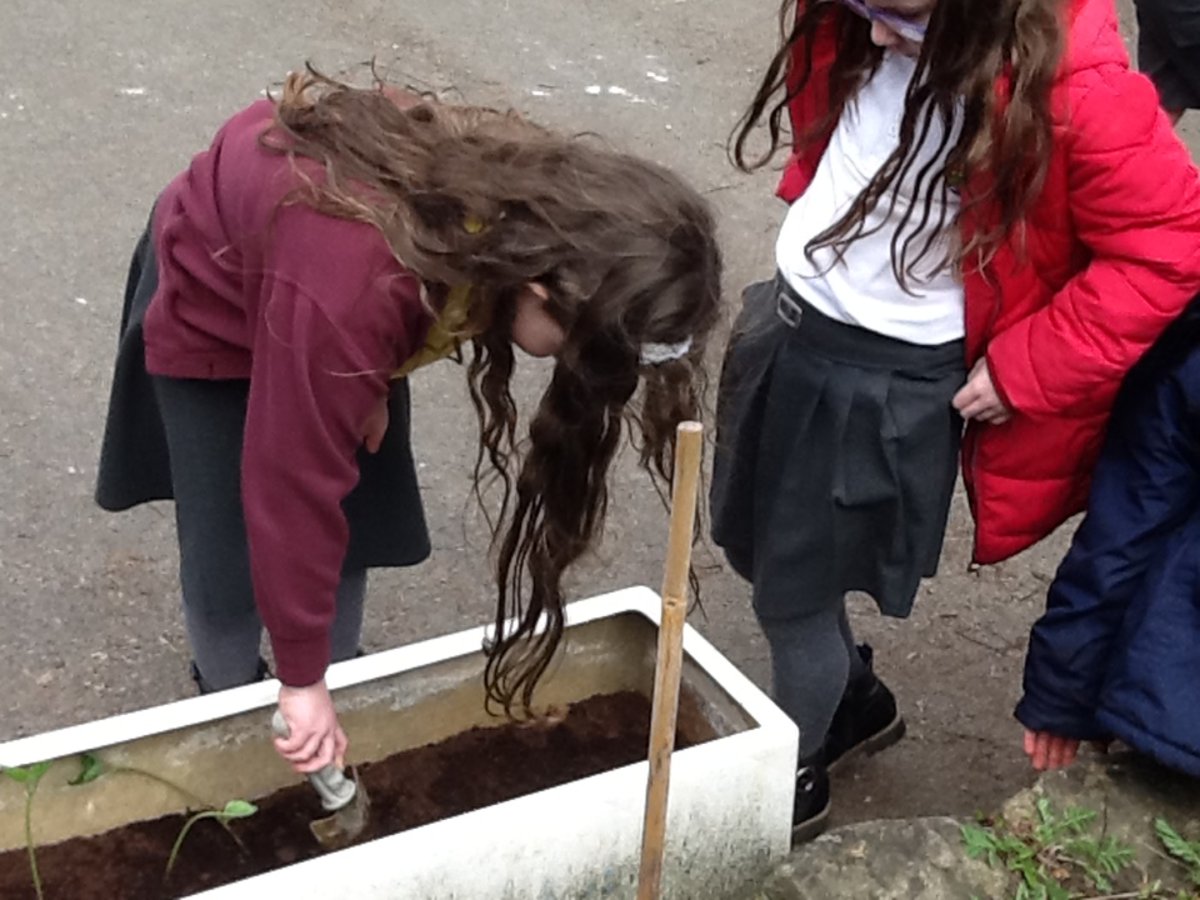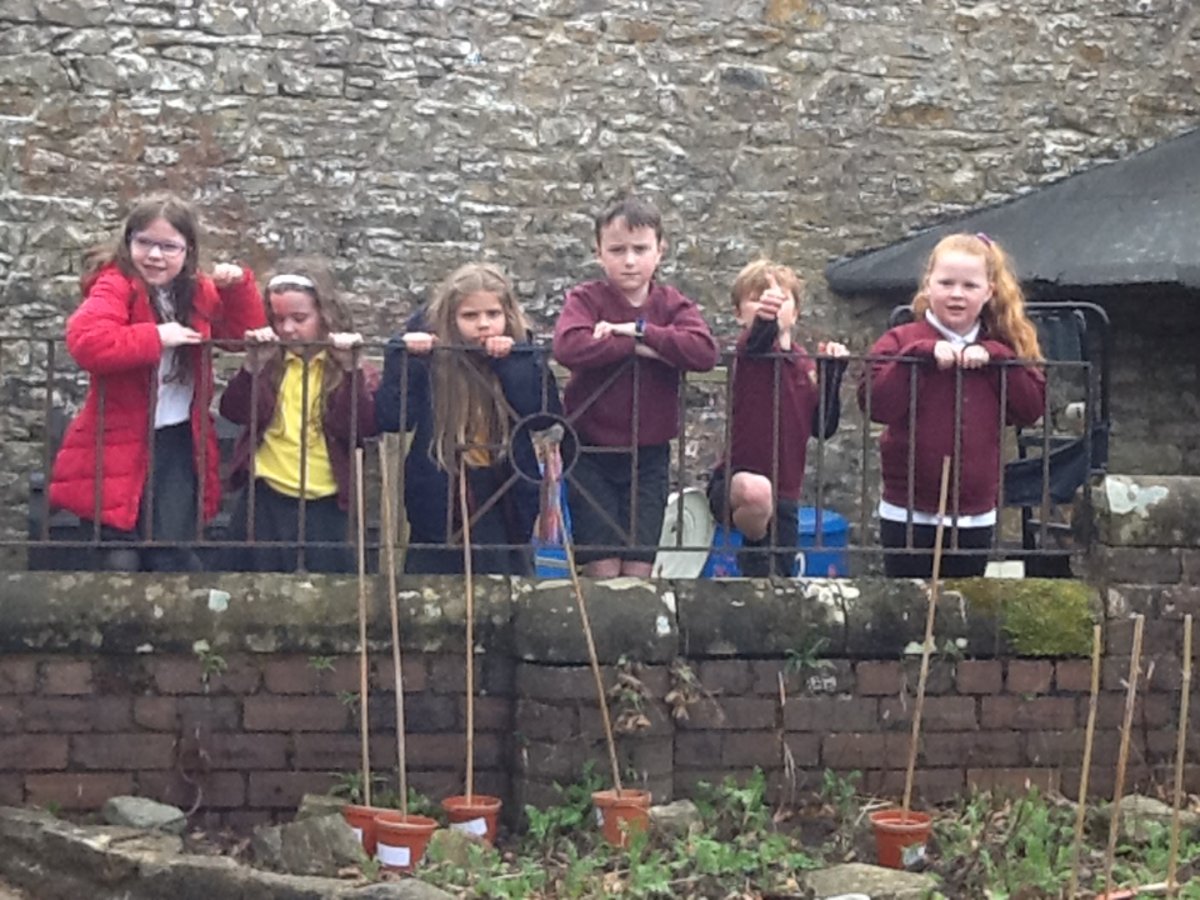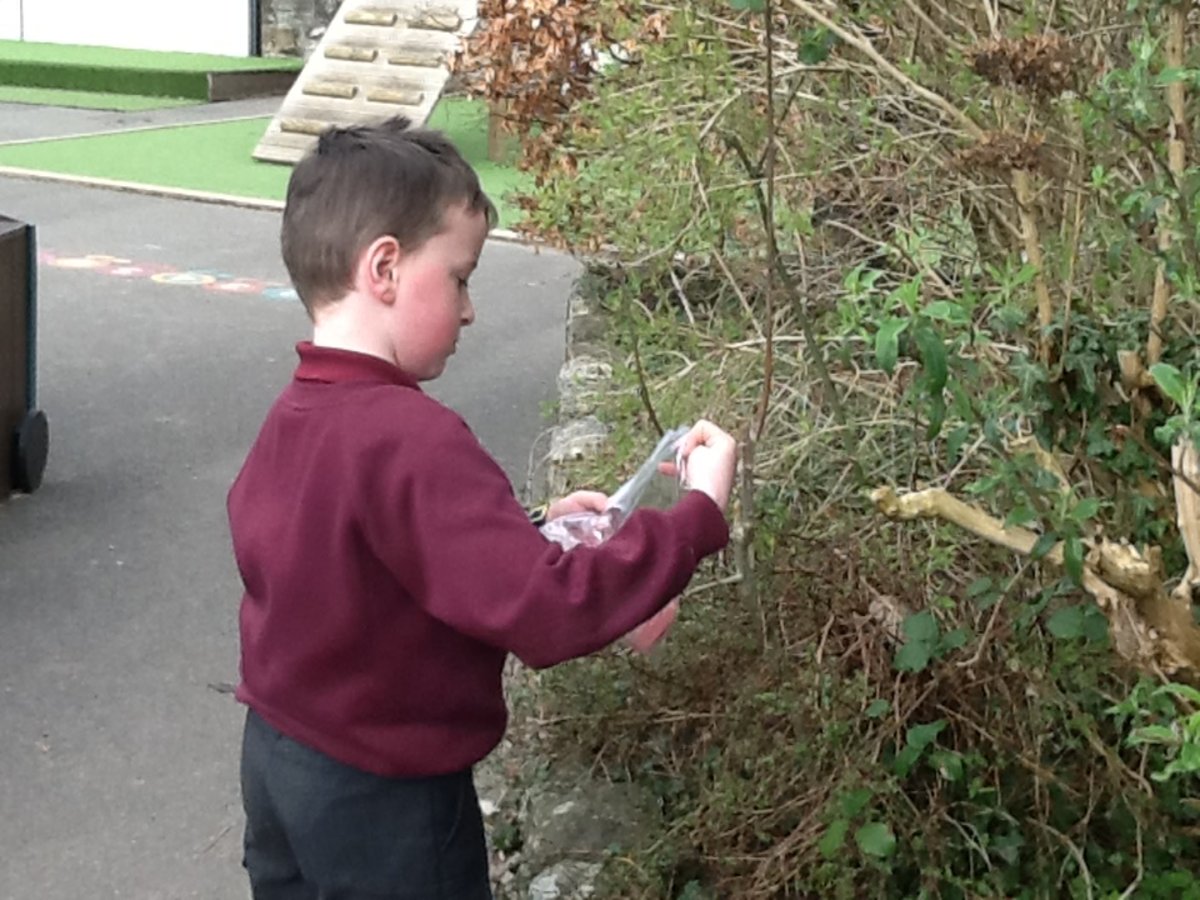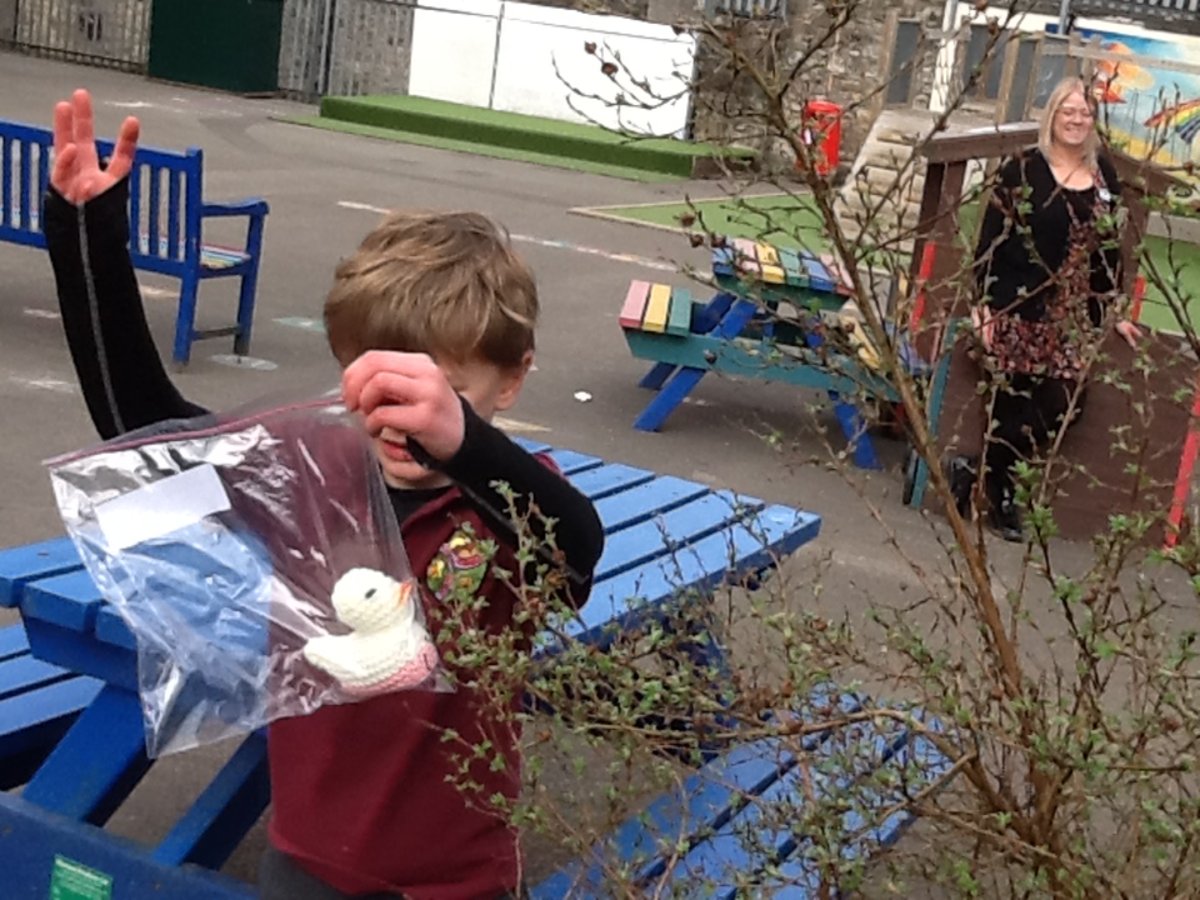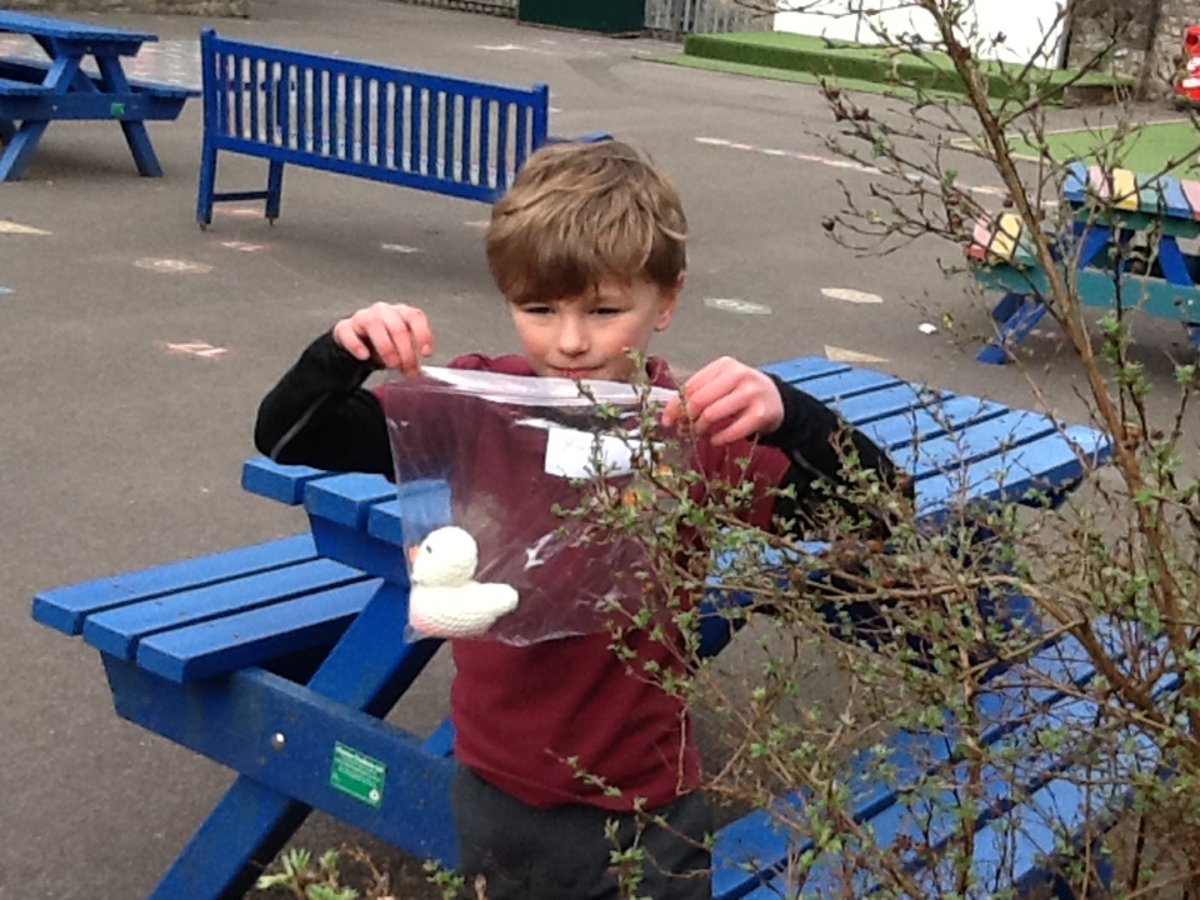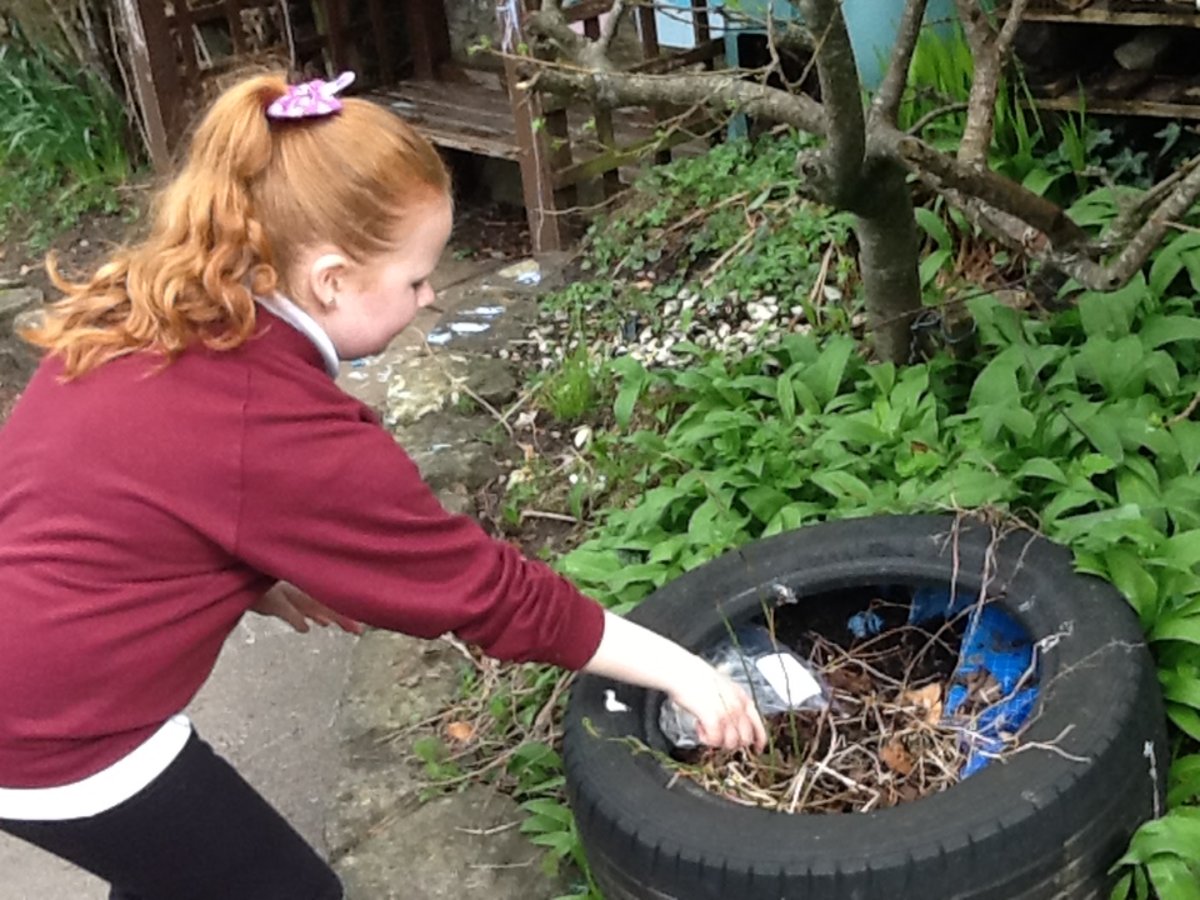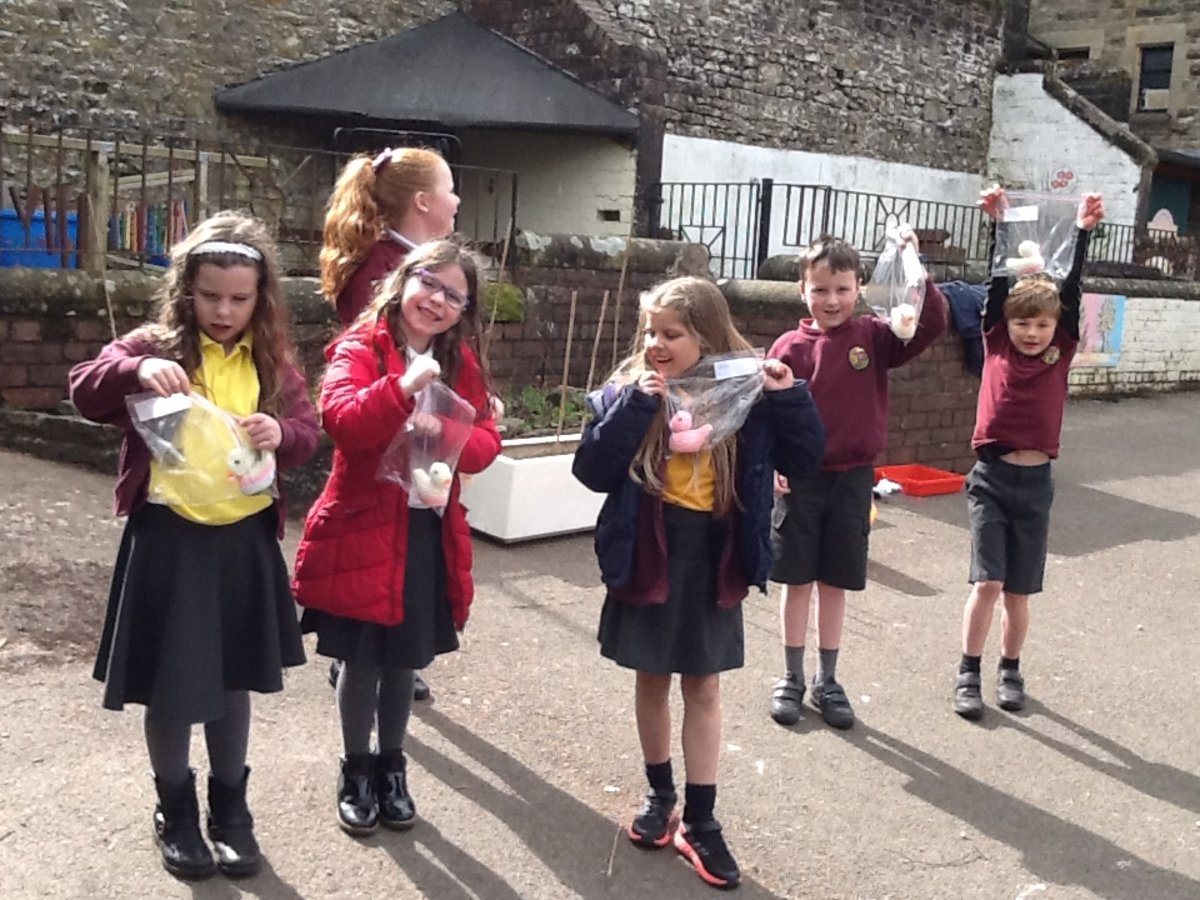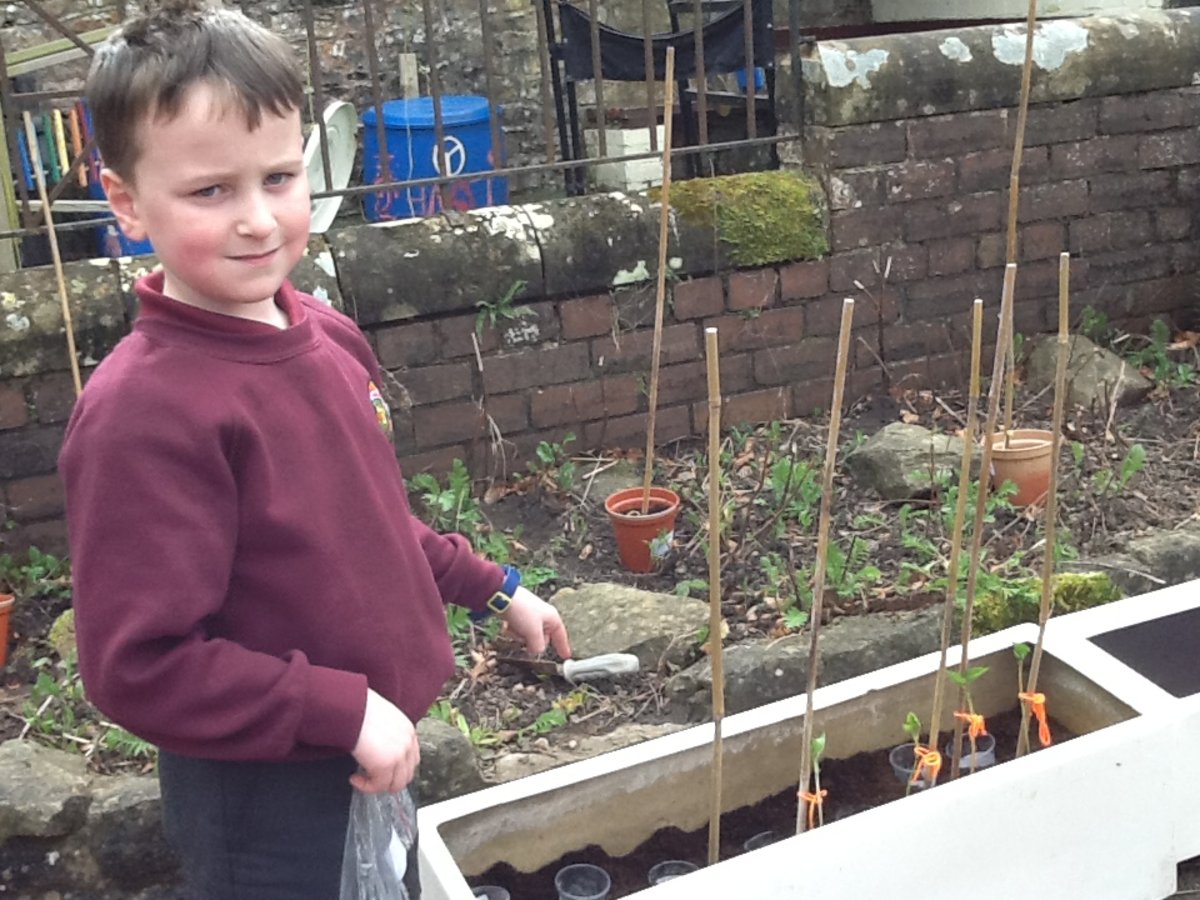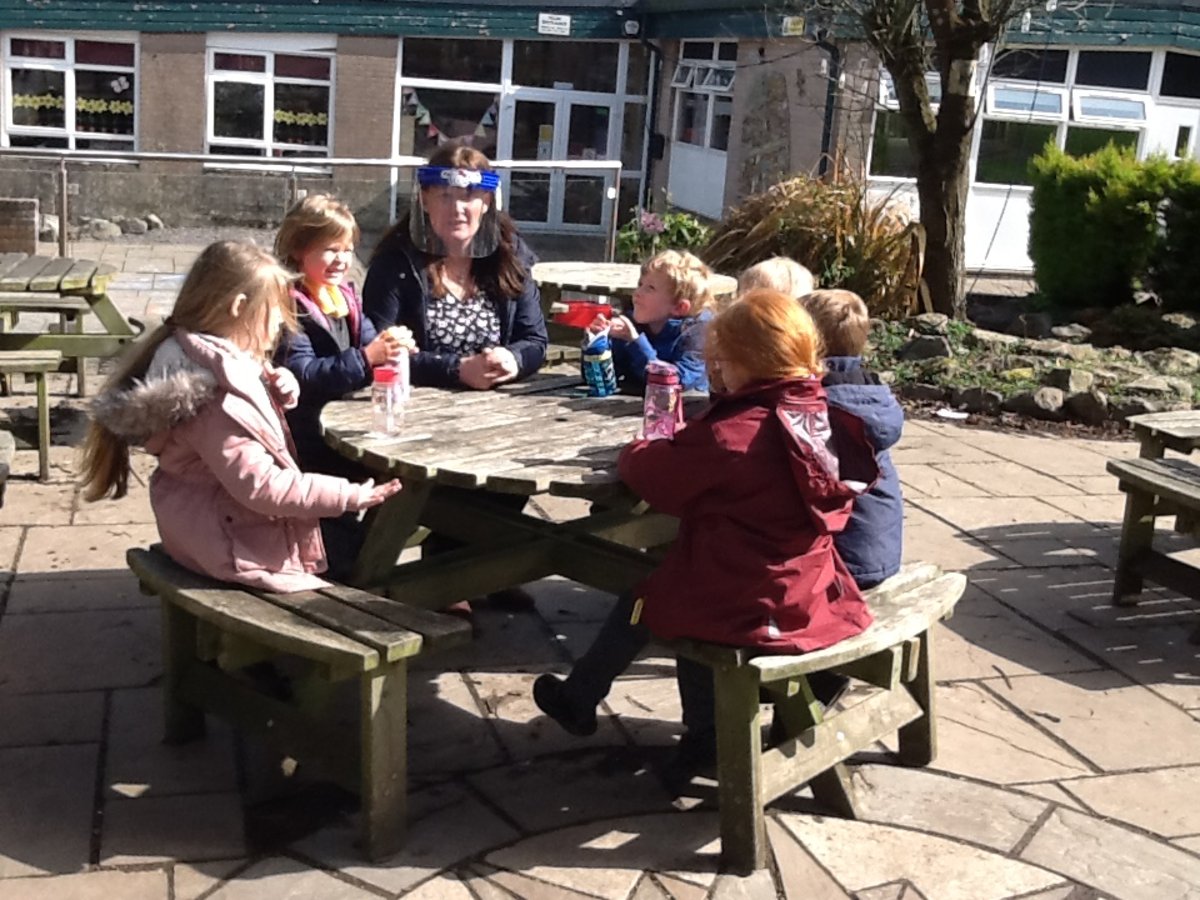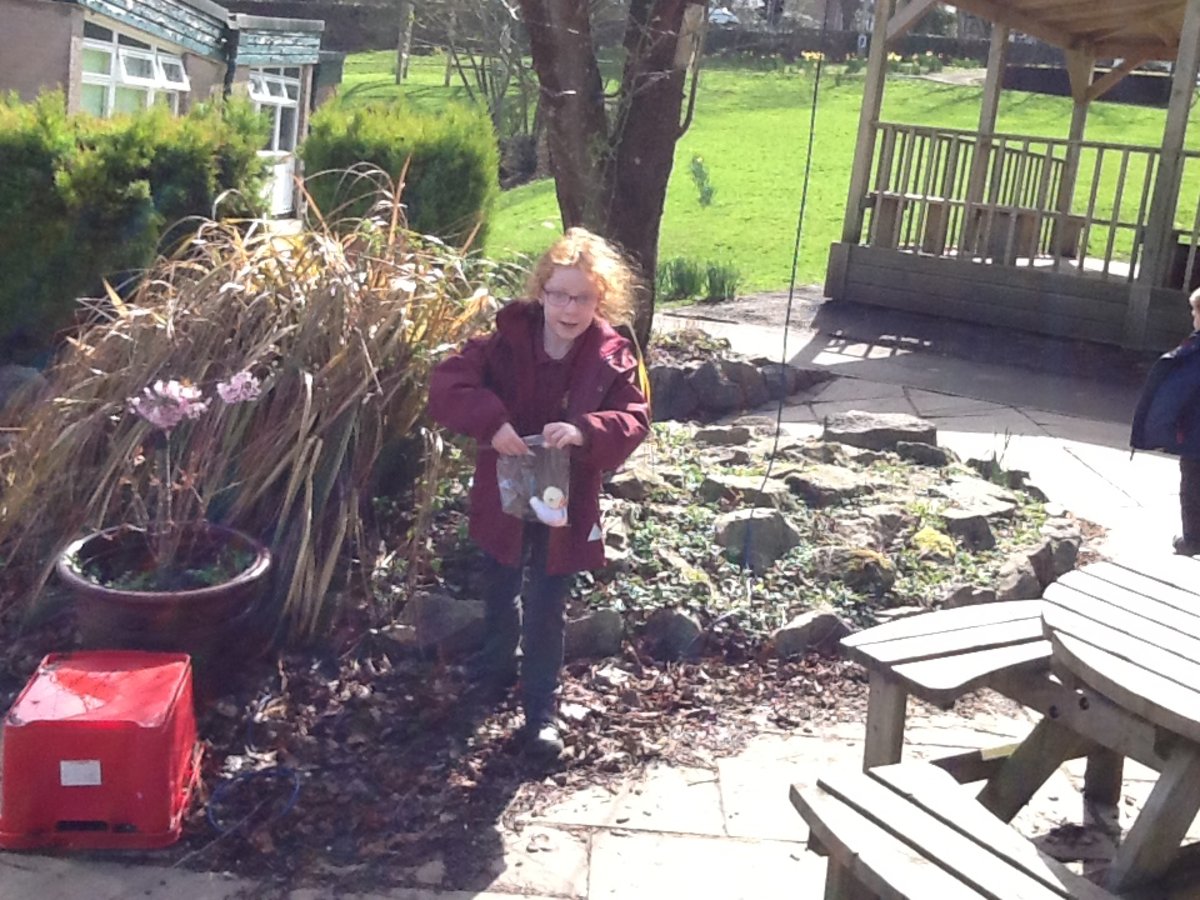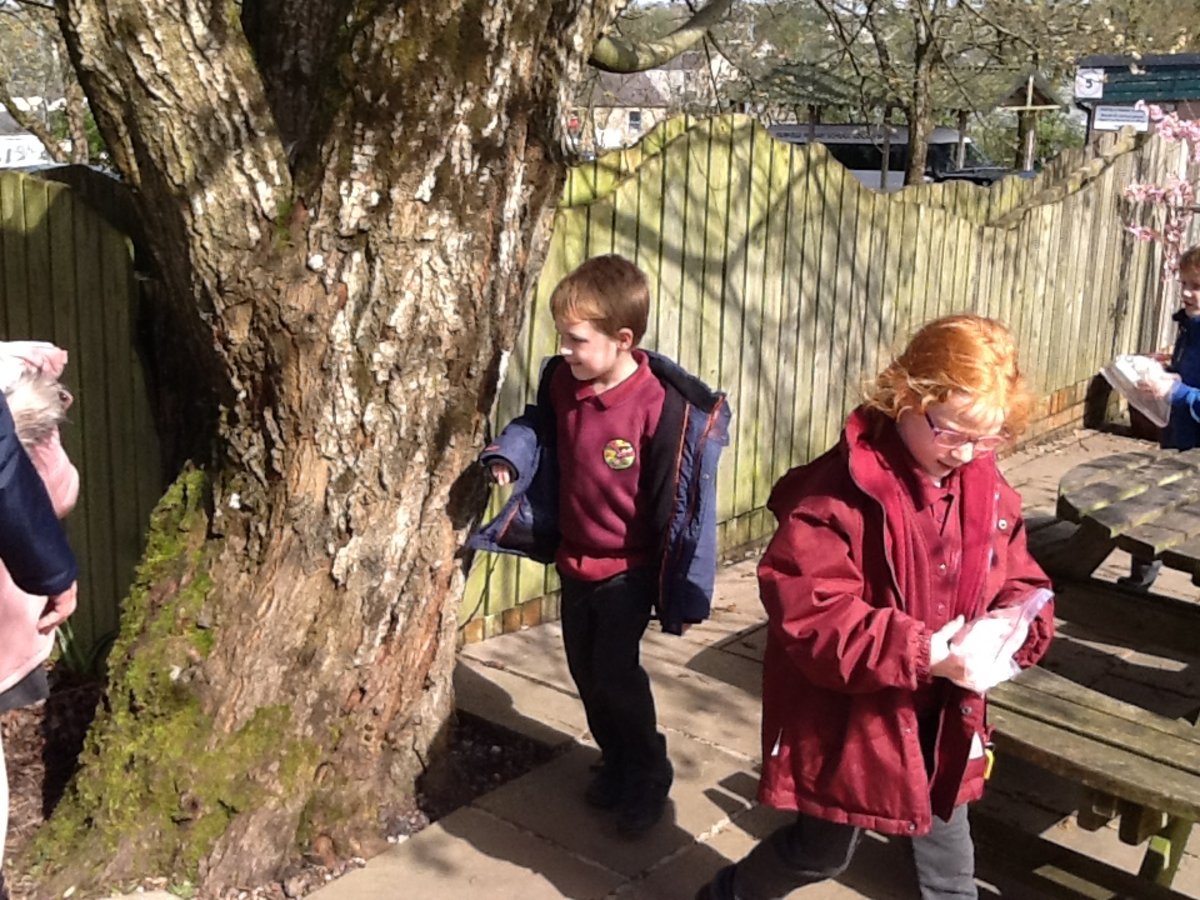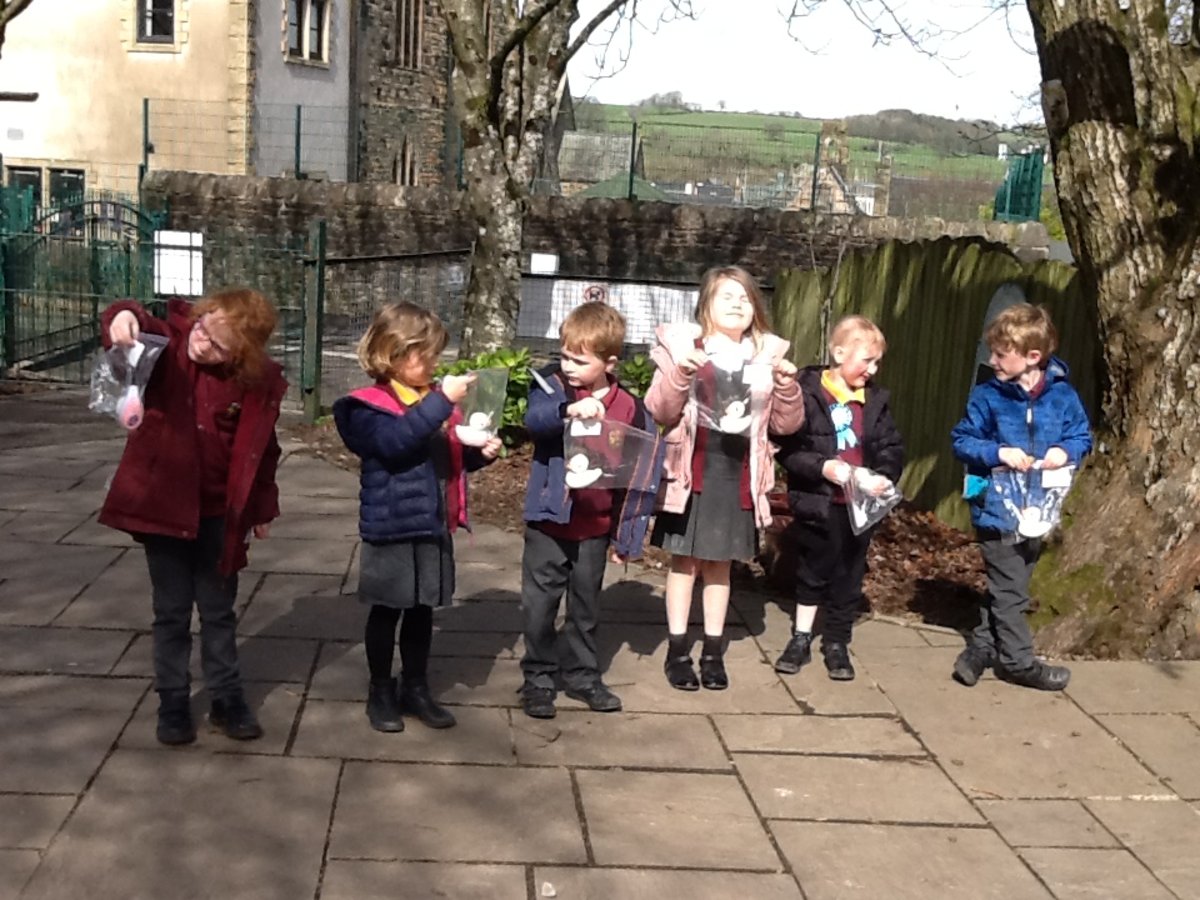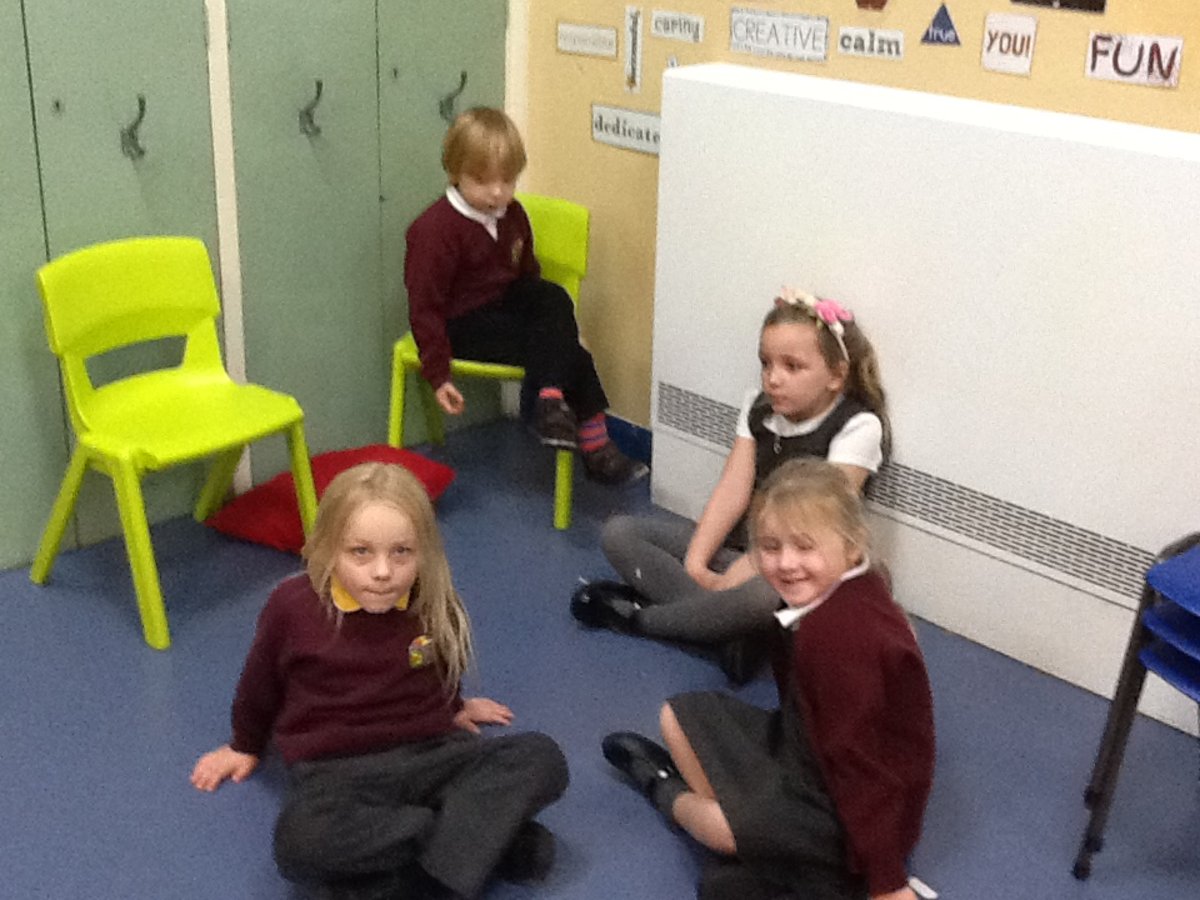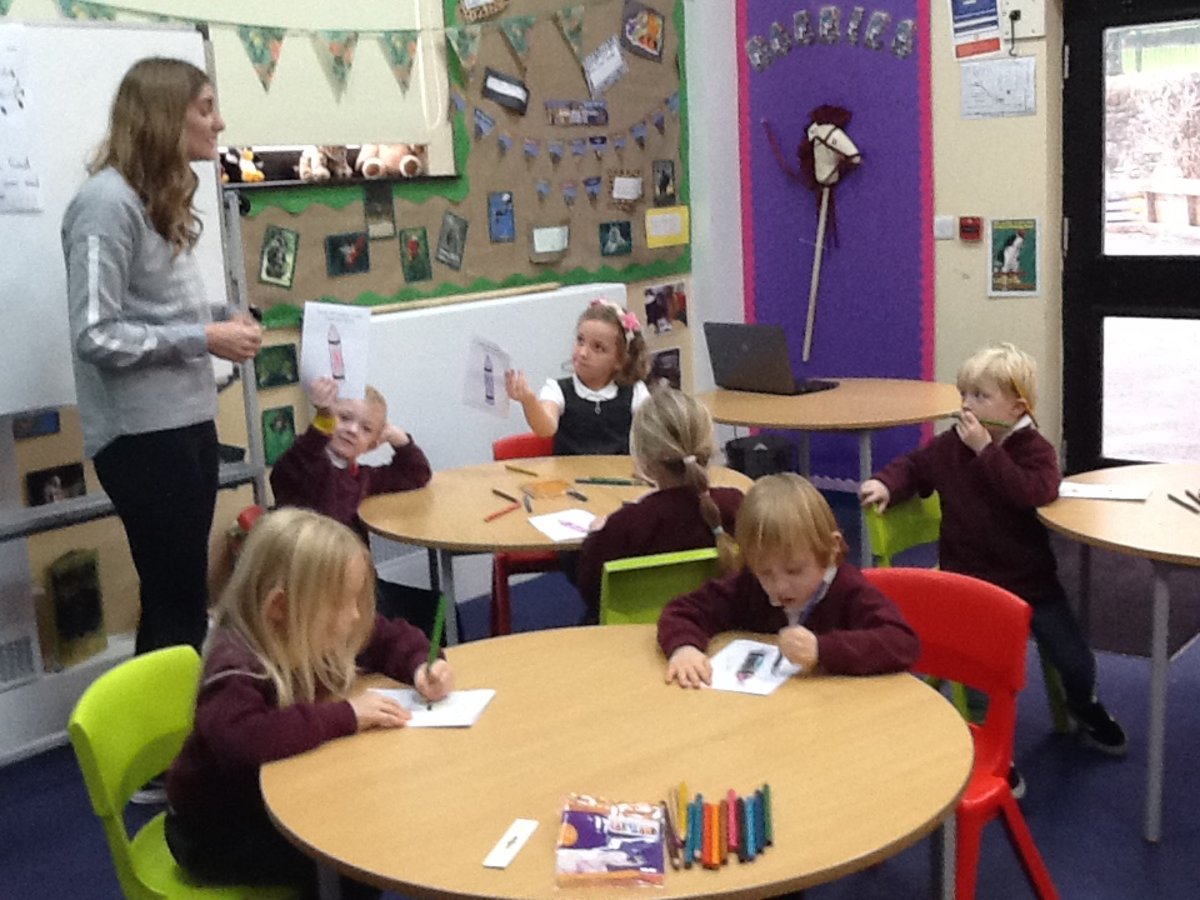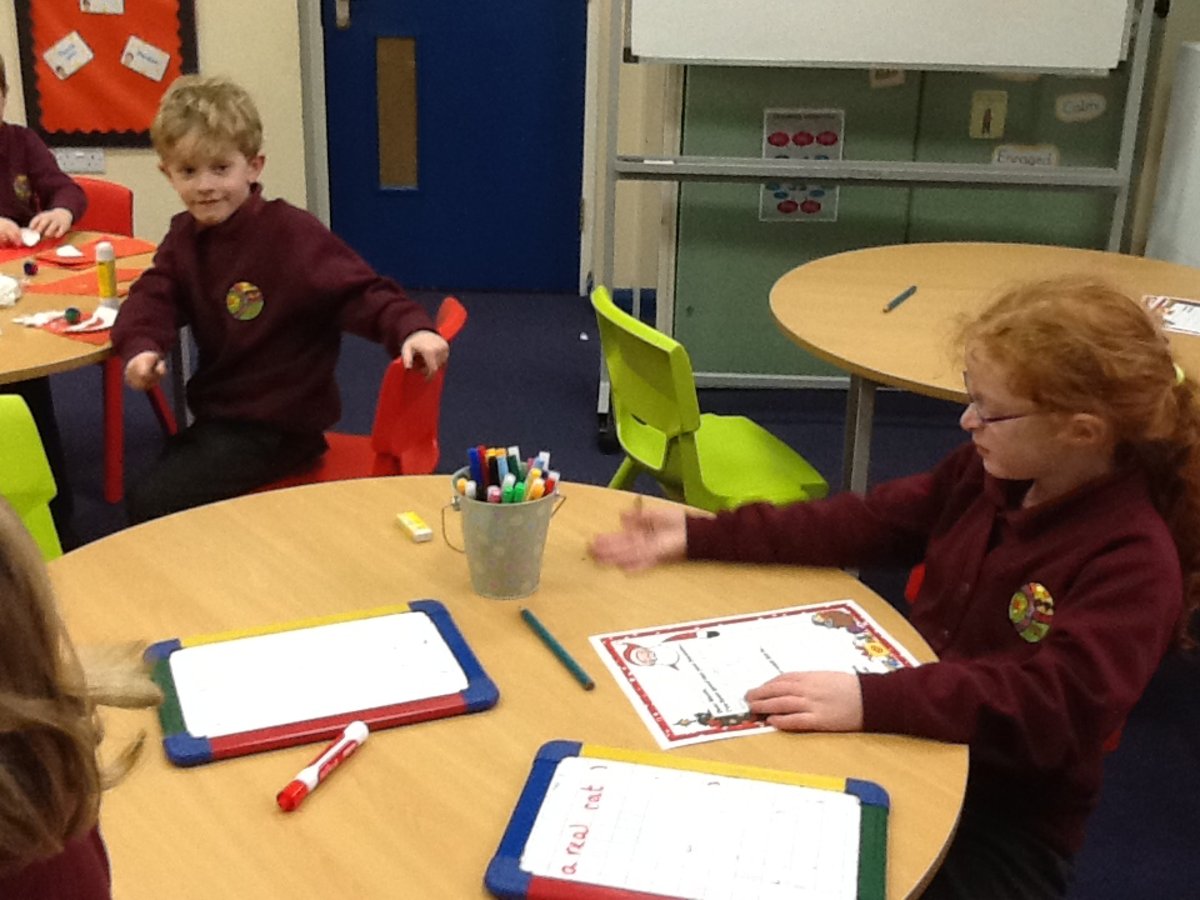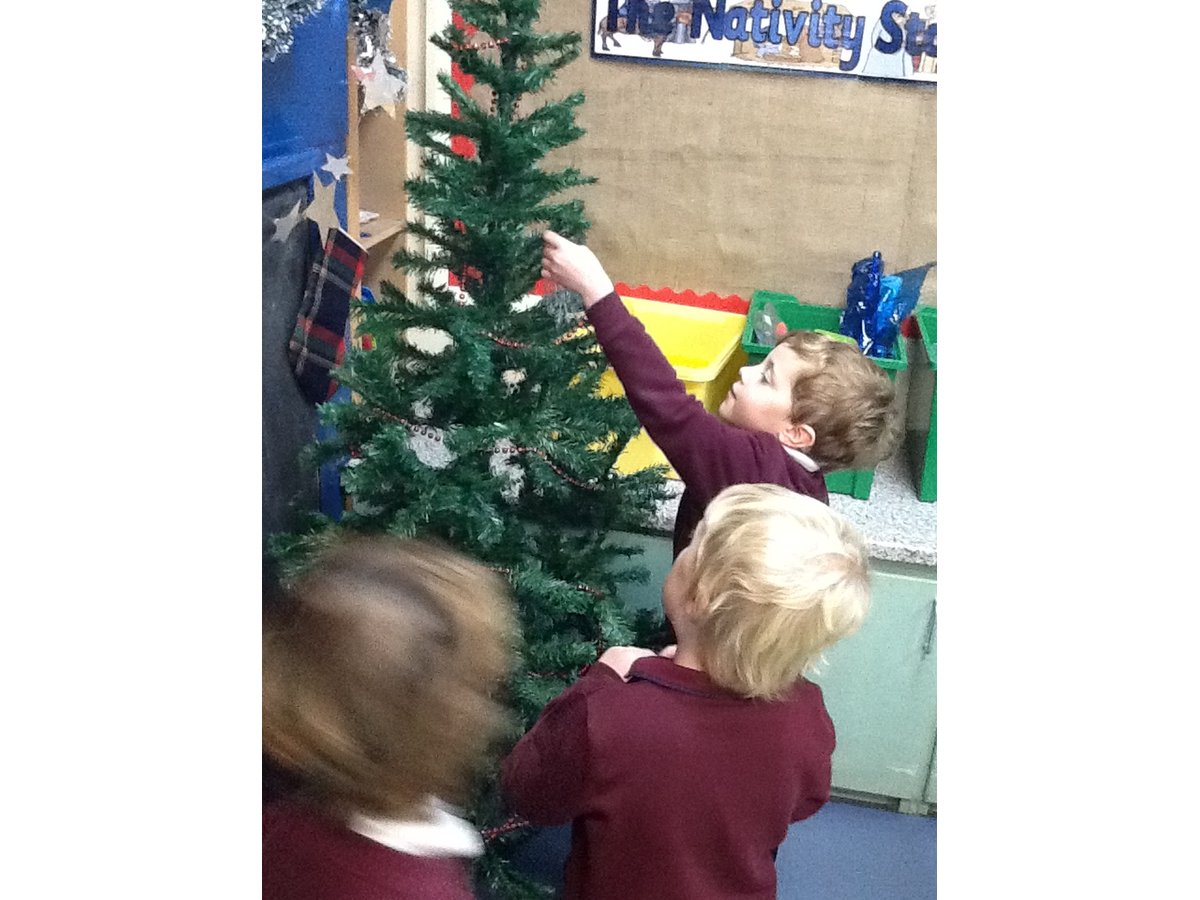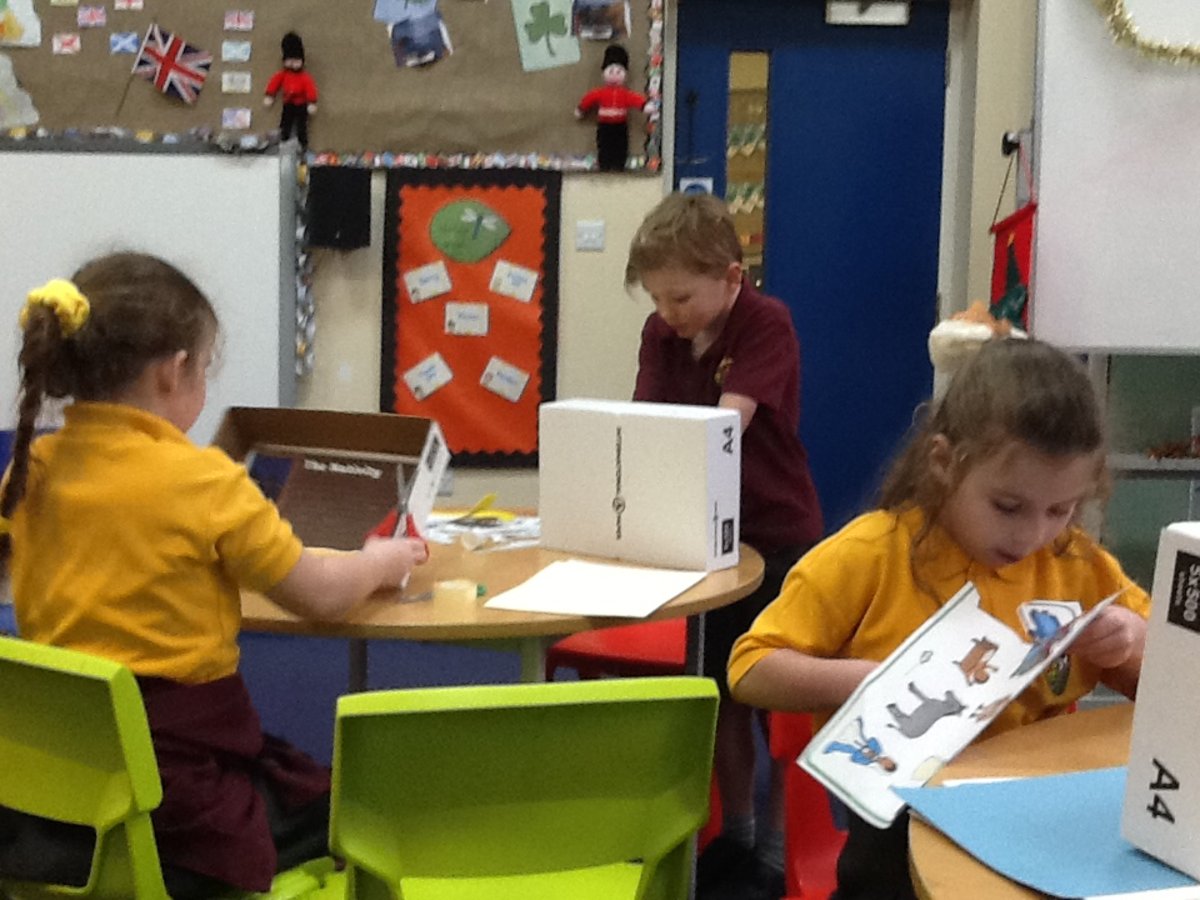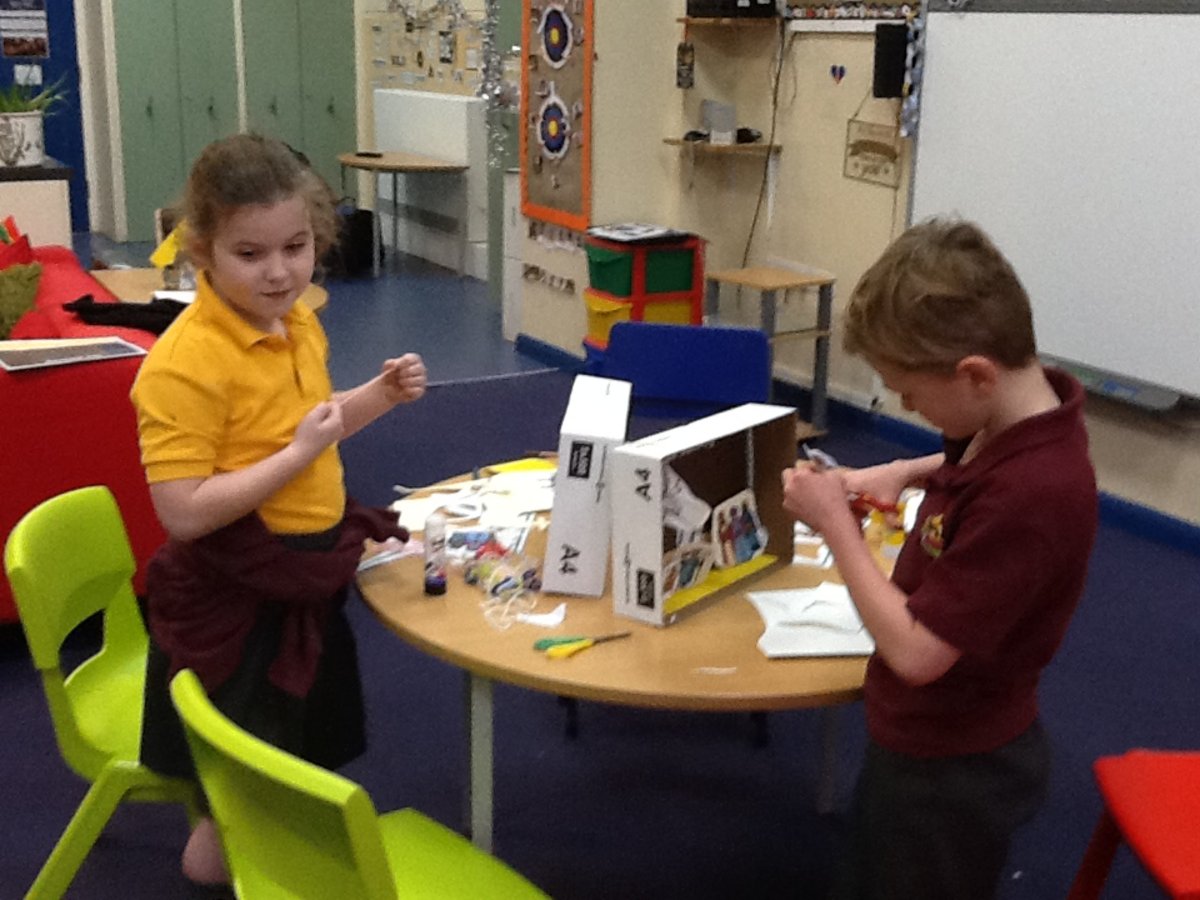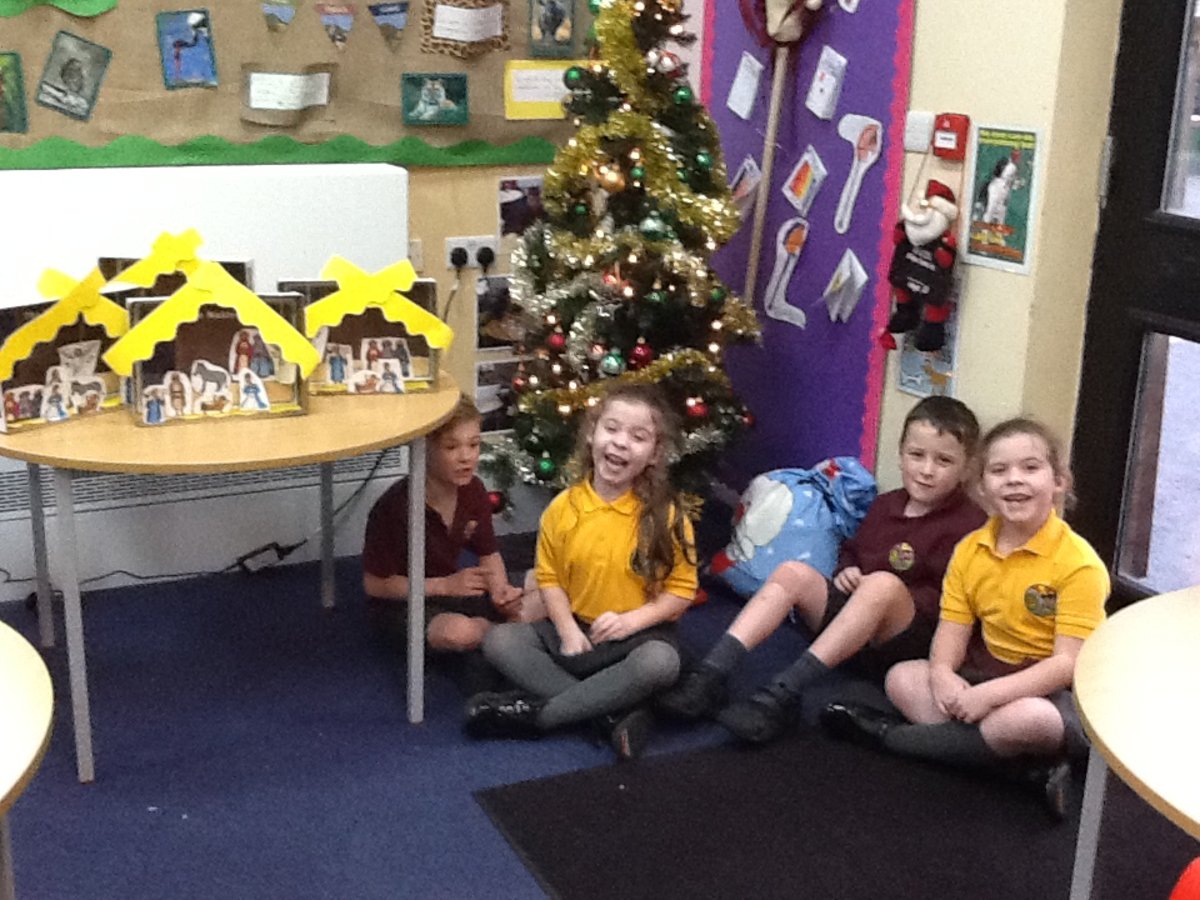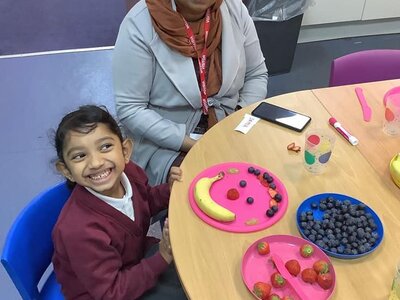Nurture Group: Provision
As a Nurturing School, Fairfield uses the Nurture Principles to enable children to develop socially and emotionally throughout all learning. Our Nurture Groups, offered to children in Reception, Year 1 and Year 2, build on these principles in a more relaxed setting with a smaller group of children.
Our Nurture Groups support children throughout the school with their social, emotional and mental wellbeing. Nurture principles are based on Attachment Theory – the idea that developing positive relationships with family, peers and other adults from an early age facilitates healthy development. Nurture practices aim to give children the social and emotional skills to do well at school and with peers and develop their resilience.
Our Nurture Groups are smaller than a usual class size and children visit for one or two afternoons a week, remaining with their class for the rest of their learning. There is plenty of time for speaking and listening as communication and development of language is key to Nurture practices.
Nurture Principles:
1. Children’s learning is understood developmentally.
2. The classroom offers a safe base.
3. Nurture is important for development of self-esteem.
4. Language is understood as a vital means of communication.
5. All behaviour is communication.
6. Transitions are significant in the lives of children.
If you are interested in finding out more about Nurture, please visit www.nurtureuk.org
Nurture Group: Overviews
The documents below, outline the termly topics which will be delivered in our Nurture Group provision. Our practitioners may change aspects of the delivery to meet the needs of the children.
Nurture Group: Overviews
Nurture Group: Parental Guidance
The information flyer below, outlines key information about Nurture Group provision at Fairfield Primary School.
During Nurture Group, we work alongside the children in Reception, Year 1 and Year 2 to recognise barriers to learning and explore solutions and strategies. We recognise achievements and milestones. We also place an emphasis on the children self-evaluating their own progress. This enables them to recognise their own self-worth and increases their ability to work independently in all areas.
The sessions are planned and structured to maximise the impact on the individuals, tailoring to the needs of the children who attend.
A typical session format will consist of:
- Welcome
- Circle Time
- Topic based input (Video, discussion, outdoor experience etc.)
- Related activity (Task, craft, cooking etc.)
- Snack Time (Preparation, social skills, new experiences etc.)
- Conclusion (Mindfulness, target setting/review, yoga etc.)
The afternoons include elements of the curriculum-based subjects i.e. Maths, English, Science etc. We pre-teach aspects of the curriculum to the children in order to develop confidence, knowledge and understanding. It is our hope that through pre-teaching topics, the children will transfer their confidence and knowledge to the classroom when studying the topic(s) they have experienced. Moreover, we also look forward to receiving visits from teachers and members of staff, who can join-in with the Nurture Group provision.
During our sessions, emphasis is also placed upon friendship, sharing and collaboration.
Following the lifting of Covid-19 restrictions, enhanced learning experiences (such as trips, visits and workshops to enrich cultural capital) are now able to take place. Such experiences do contribute to the holistic experience of Nurture Group and reap significant benefits for the individuals. We look forward to reintroducing these activities to the Nurture Group experience.
Parent/guardian involvement is also encouraged as this benefits the family as a whole.
Nurture Group: Parental Guidance
Boxall Profile
The Boxall Profile is an assessment of a child’s social and emotional aptitudes. It was developed through many years of research by Educational Psychologist, Marjorie Boxall and has been used widely in schools and for research for over 20 years.
The profile has its base in Attachment Theory and allows an insight into a specific child’s behaviour and enables planning for teaching, taking into account specific strengths and weaknesses.
At Fairfield, we use the Boxall Profile as part of our toolkit to develop an holistic understanding of each child. Children accessing pastoral support are assessed to add an understanding of the child’s social and emotional wellbeing to the academic results we track. This allows us to target pastoral support within Nurture Group more effectively, as well as measure a child’s progress towards a particular goal.
Children who access Nurture Group support are assessed using the Boxall Profile termly, the results of which inform the following term’s planning to meet the needs of each individual child.
Although the Boxall Profile is a useful tool for identifying strengths and areas for development, the views of parents/carers, teaching staff and, most importantly, the children themselves are also taken into consideration both within classrooms and when accessing support such as Nurture Group.
Nurture Group: Celebration
{youtube:}

